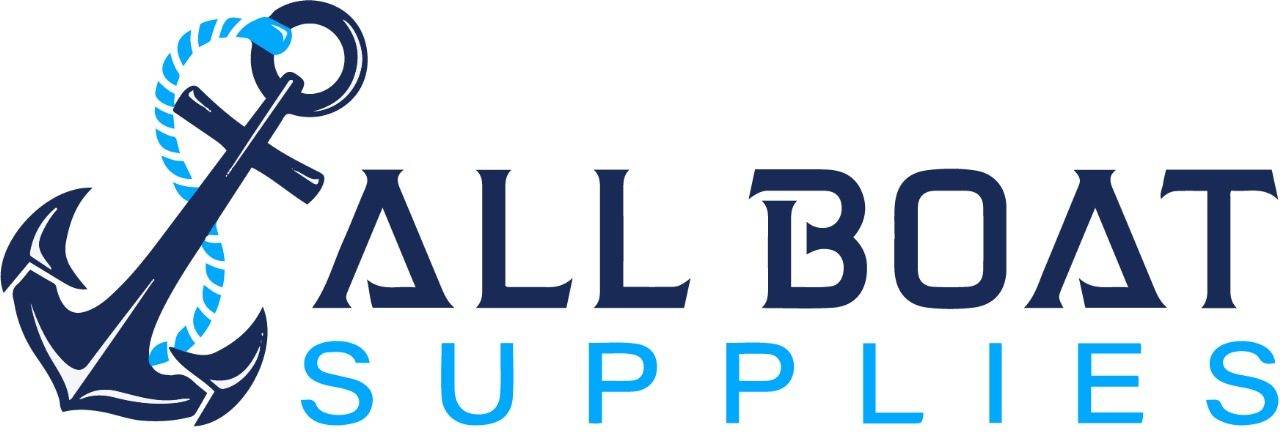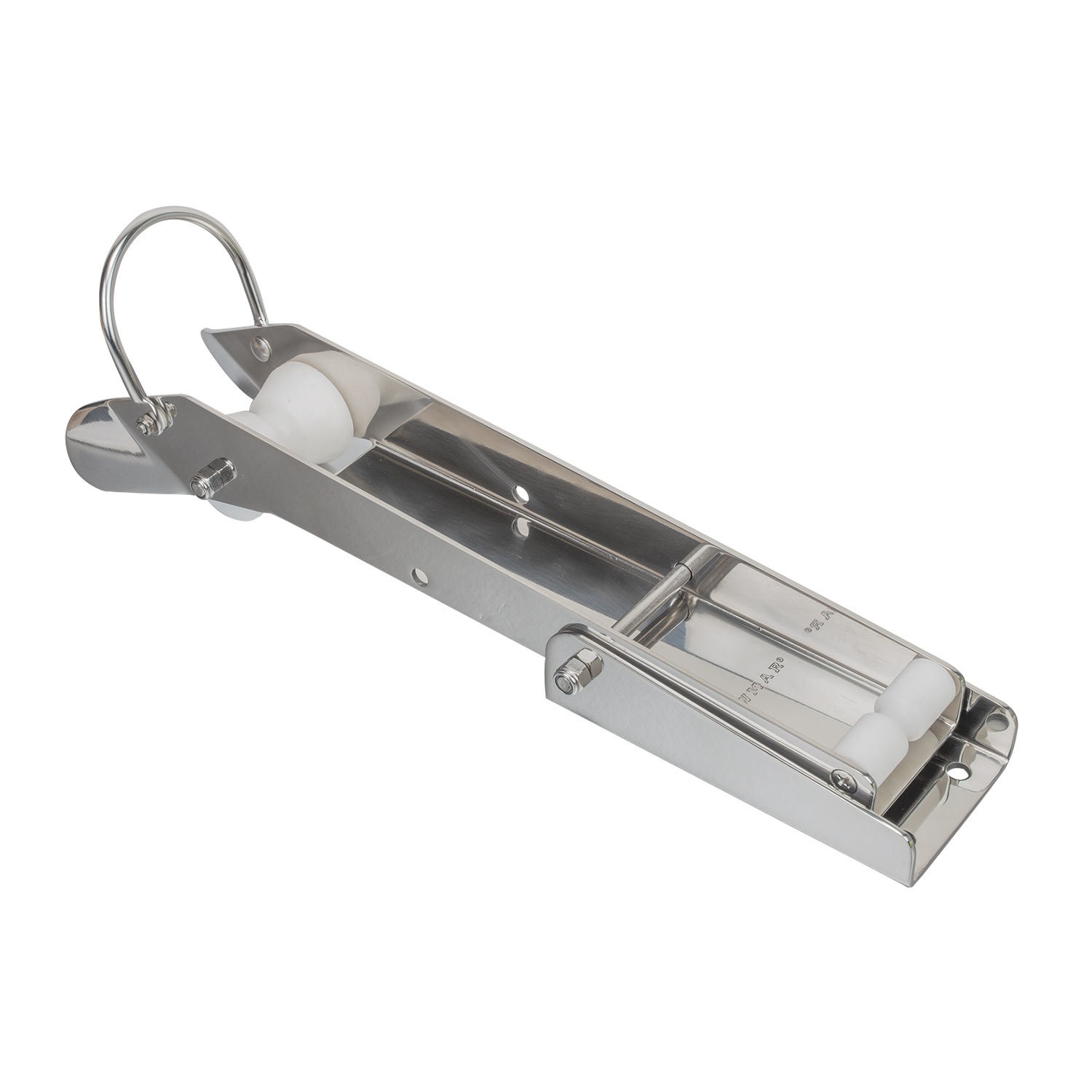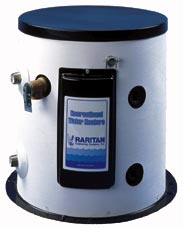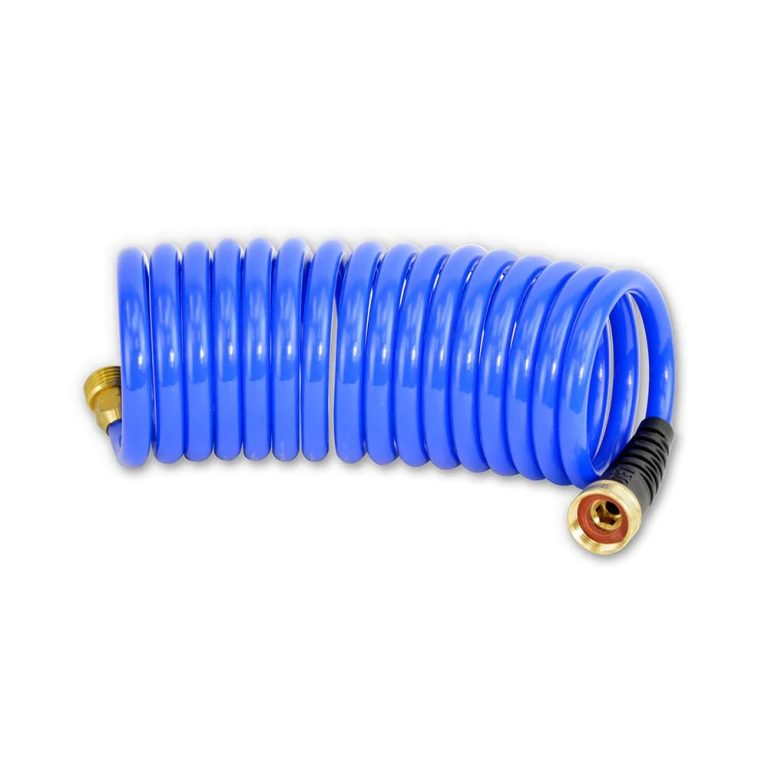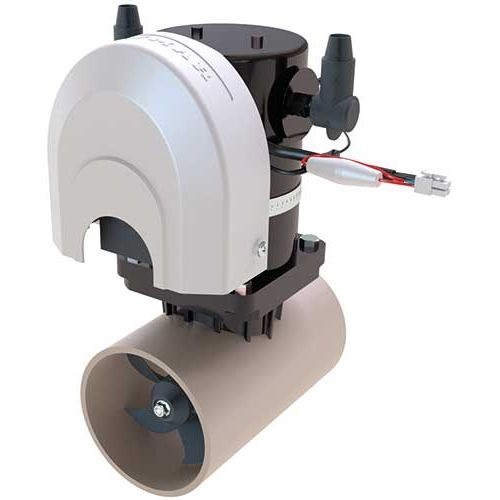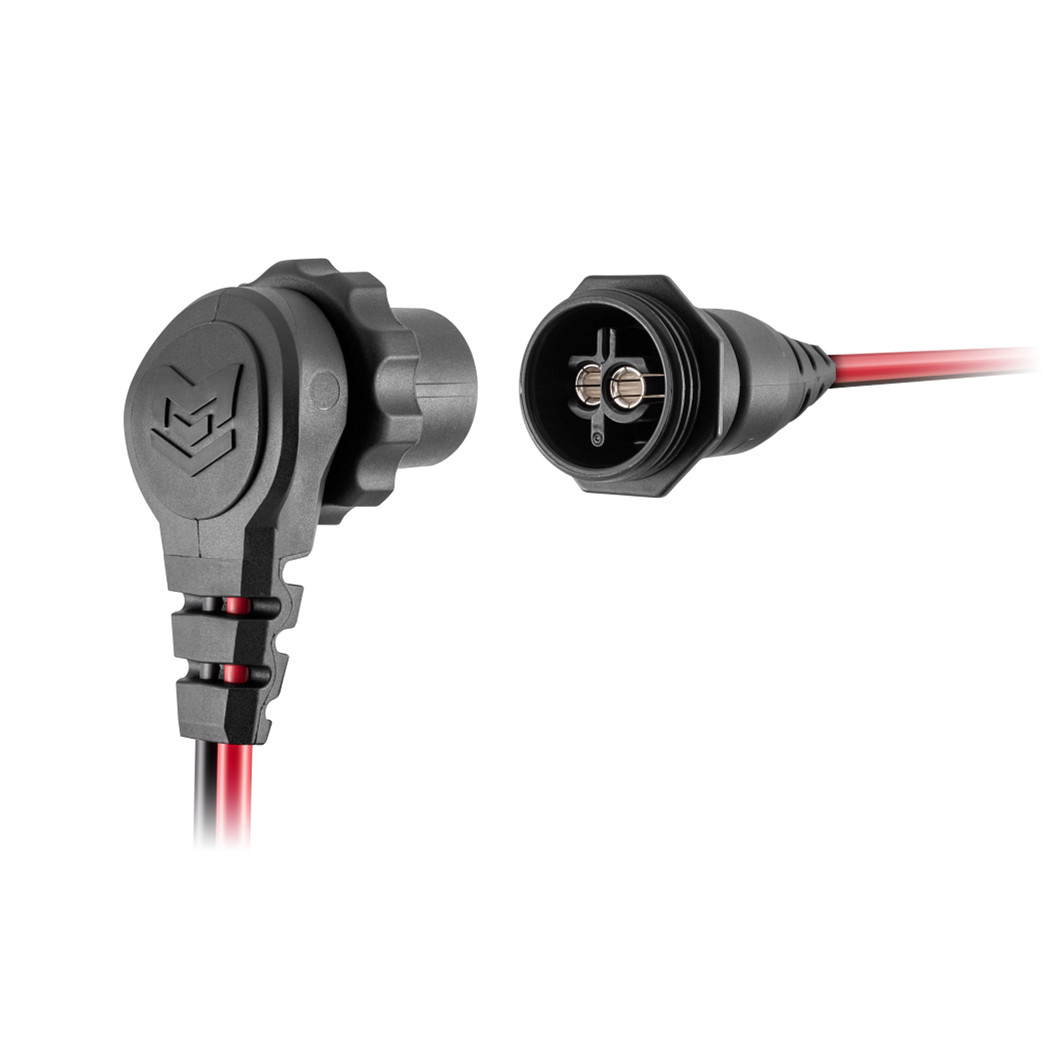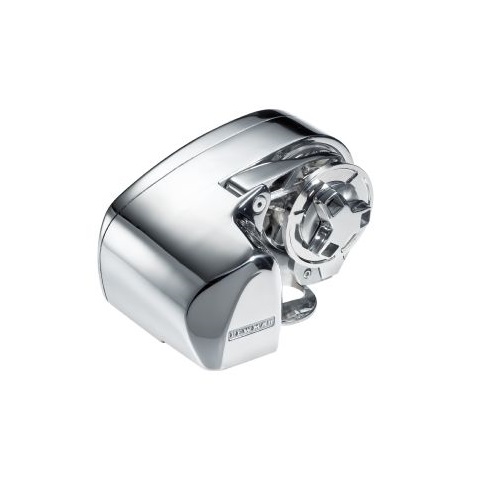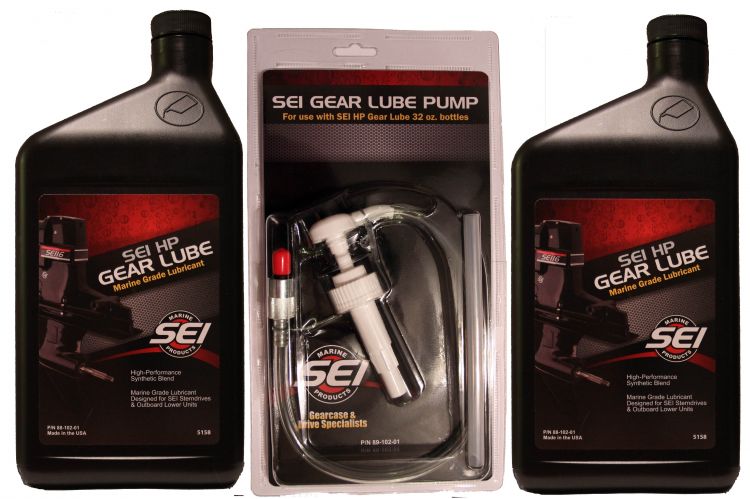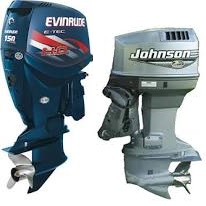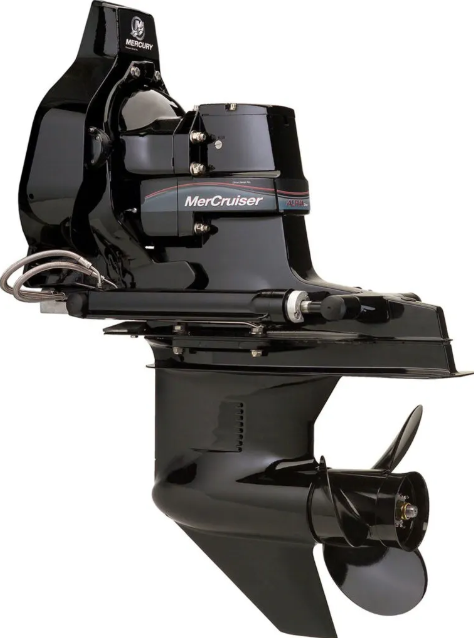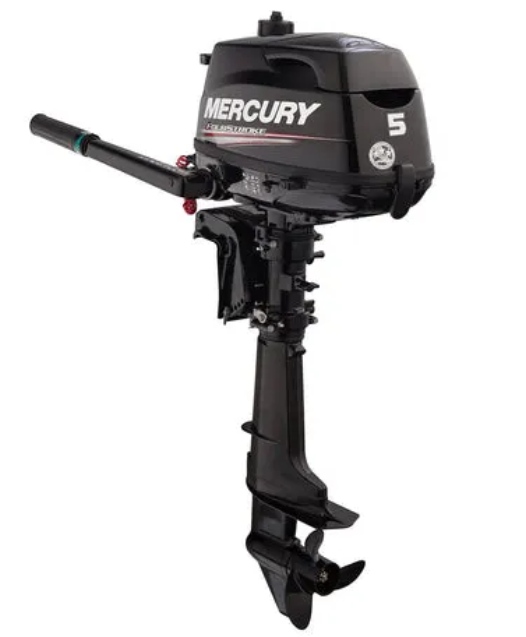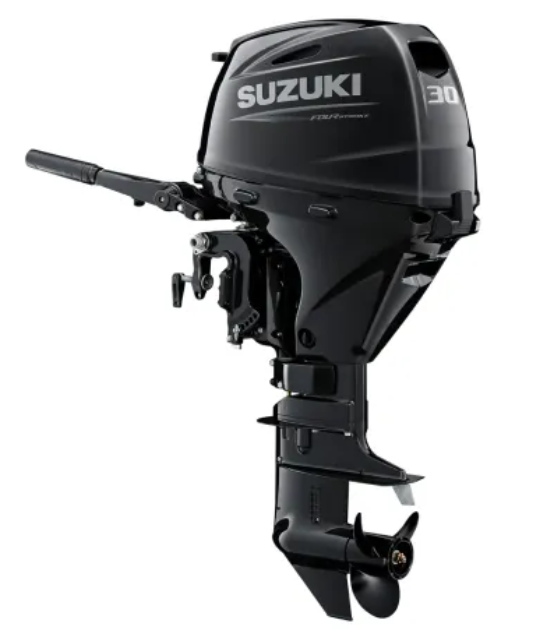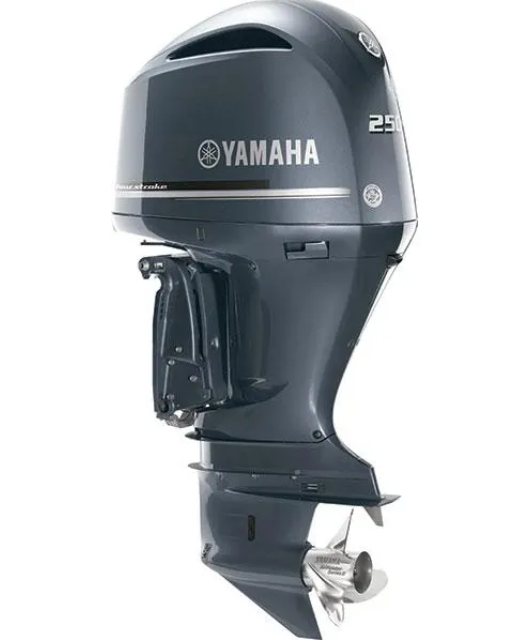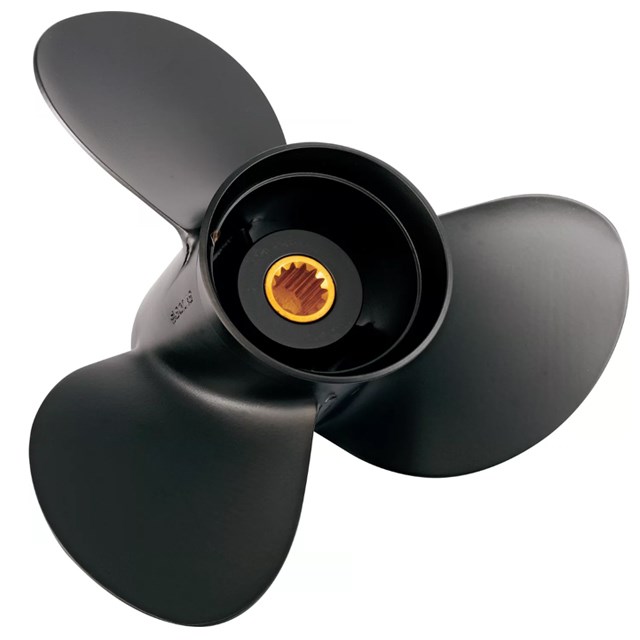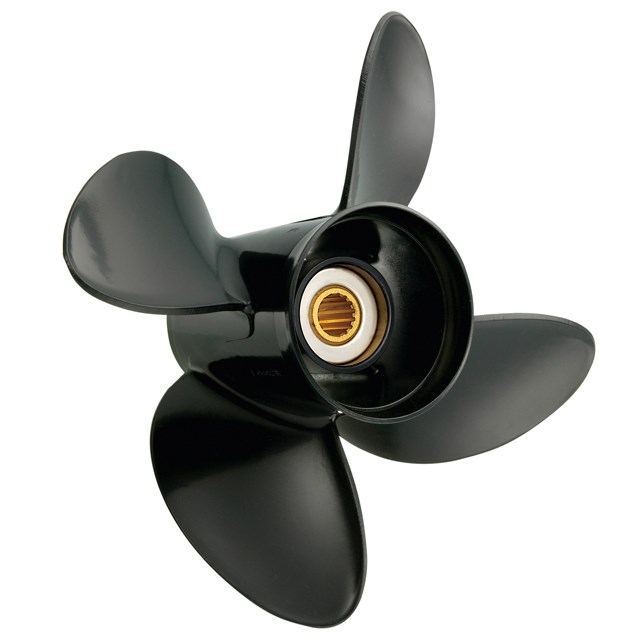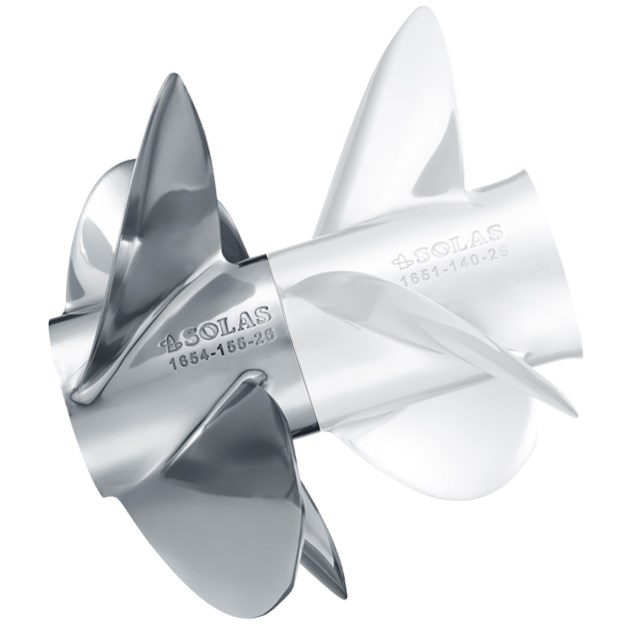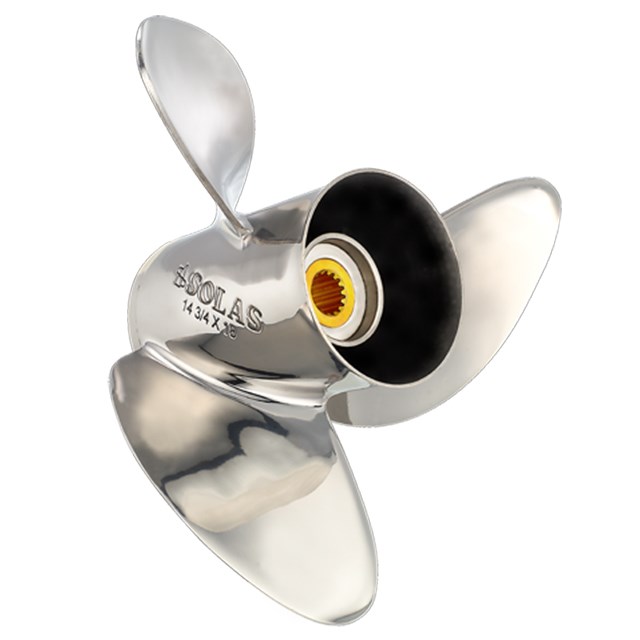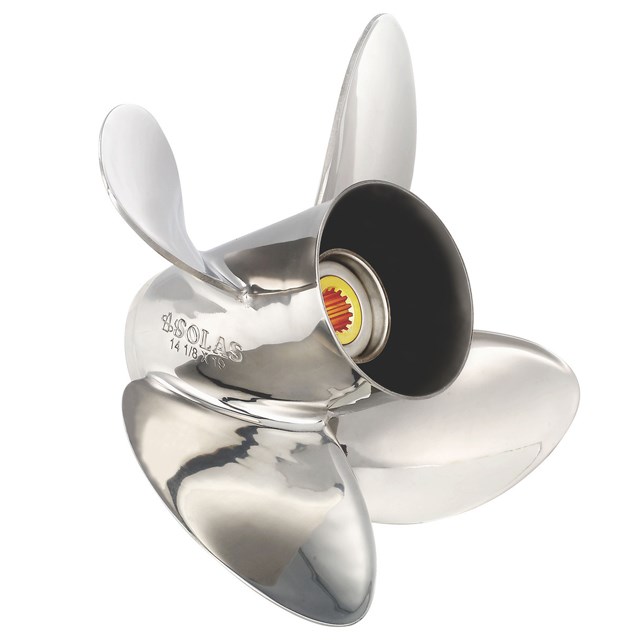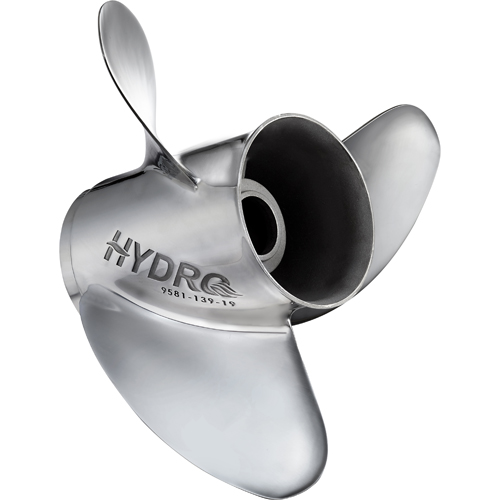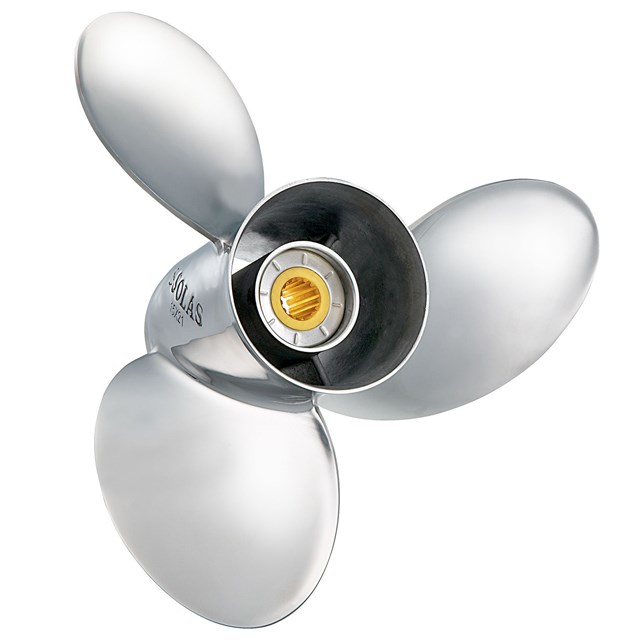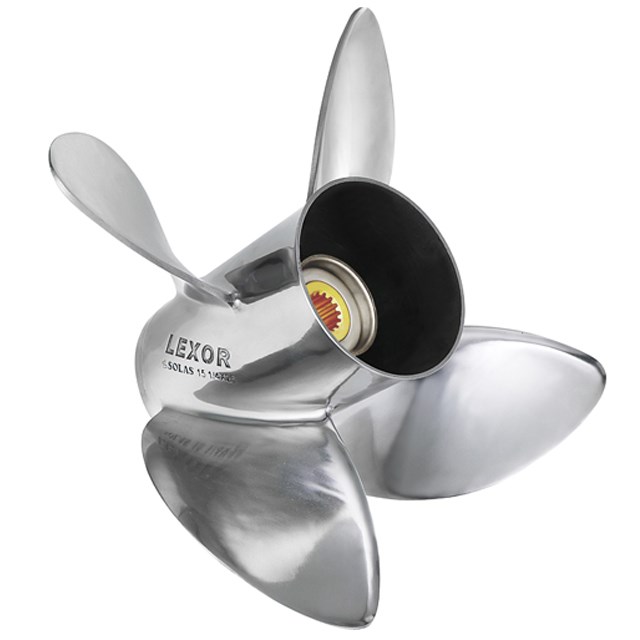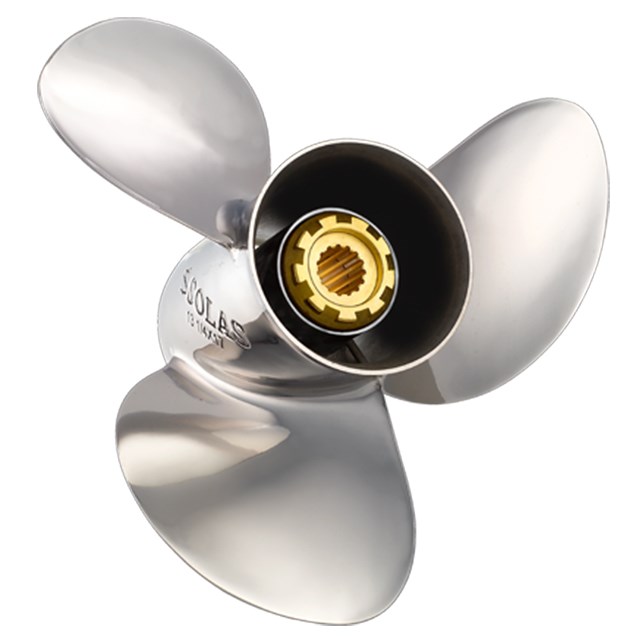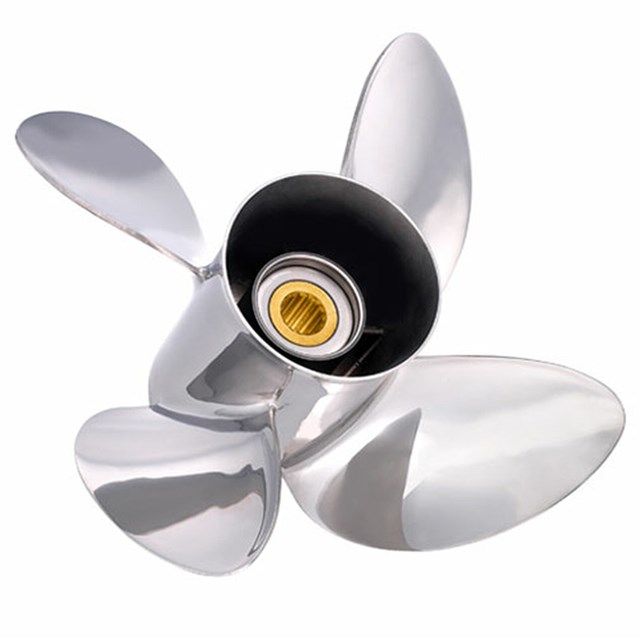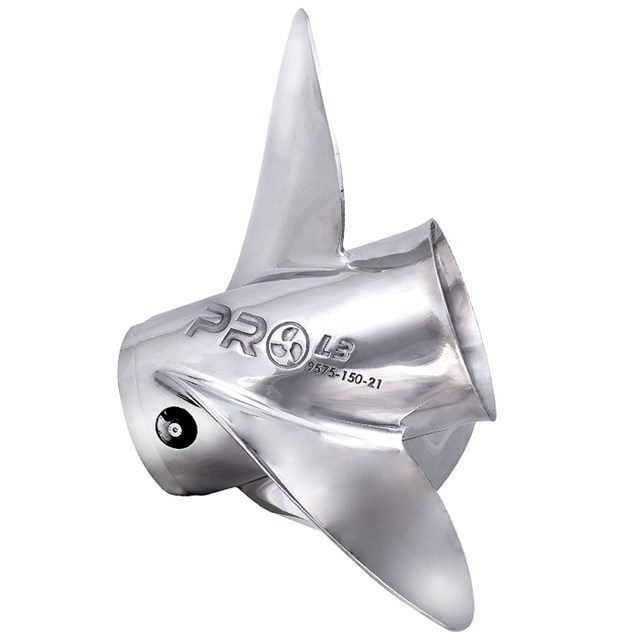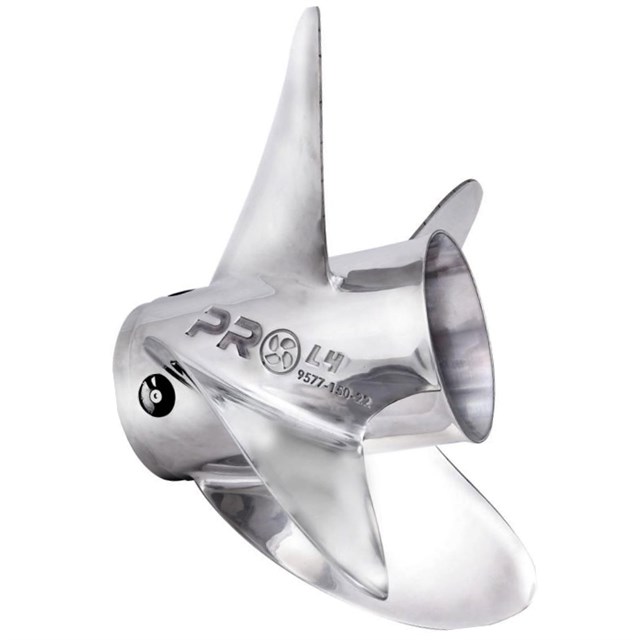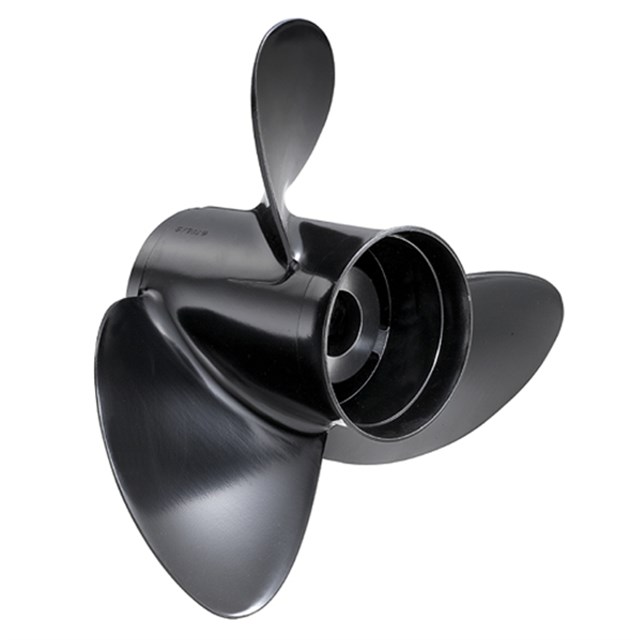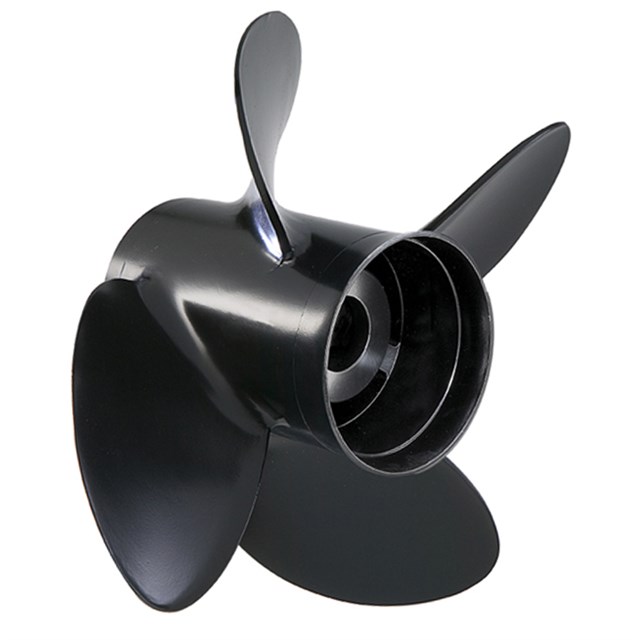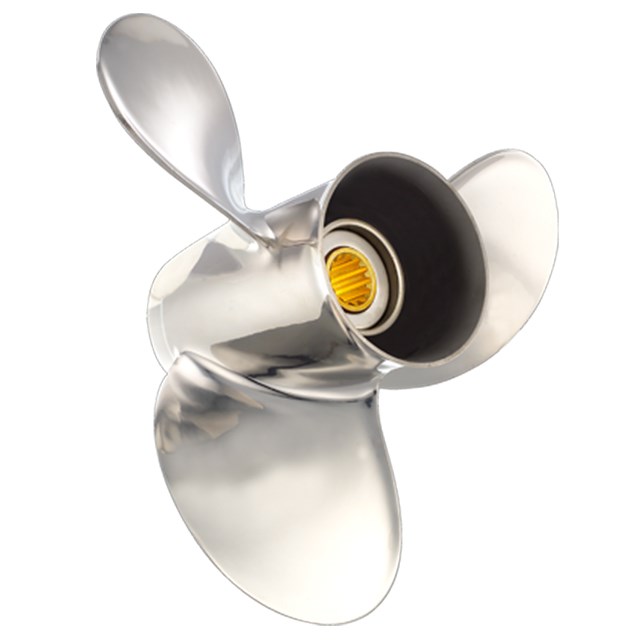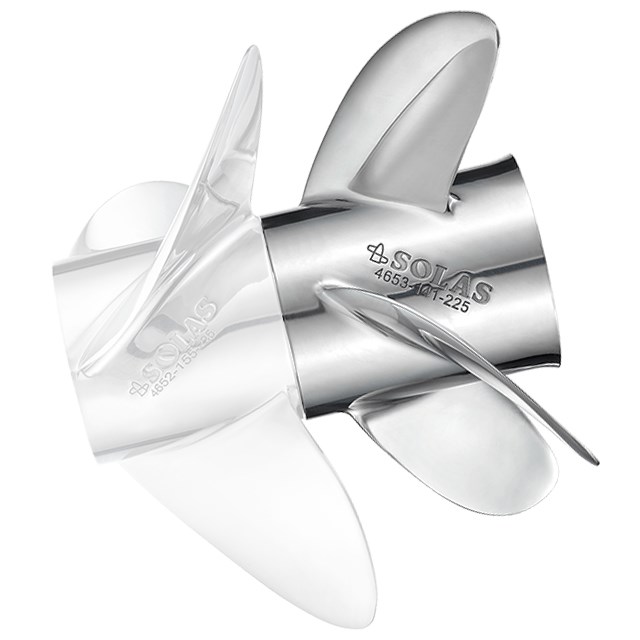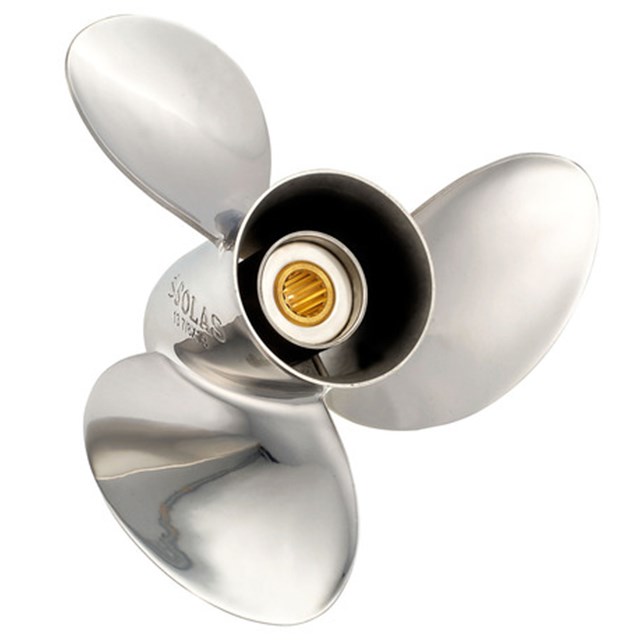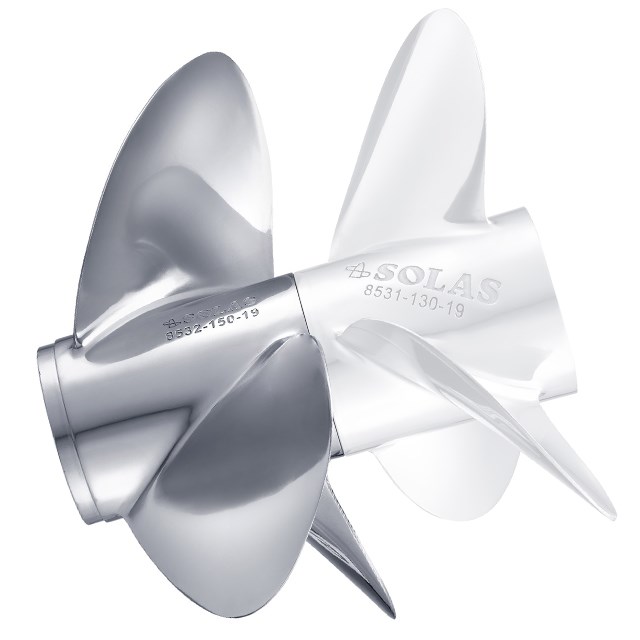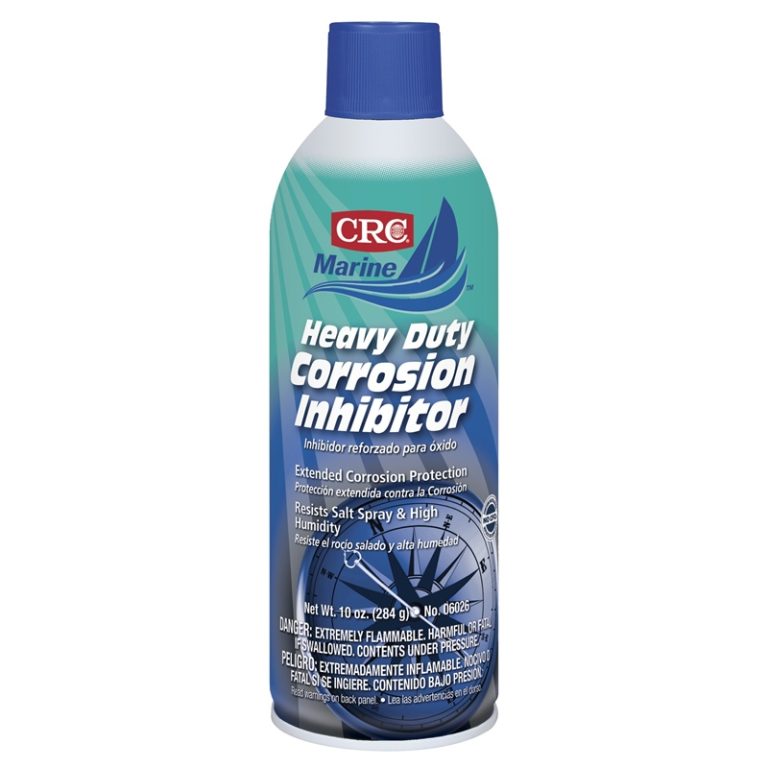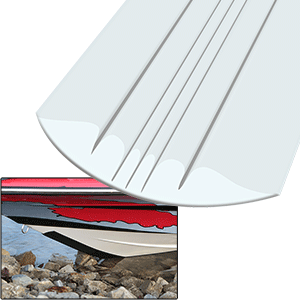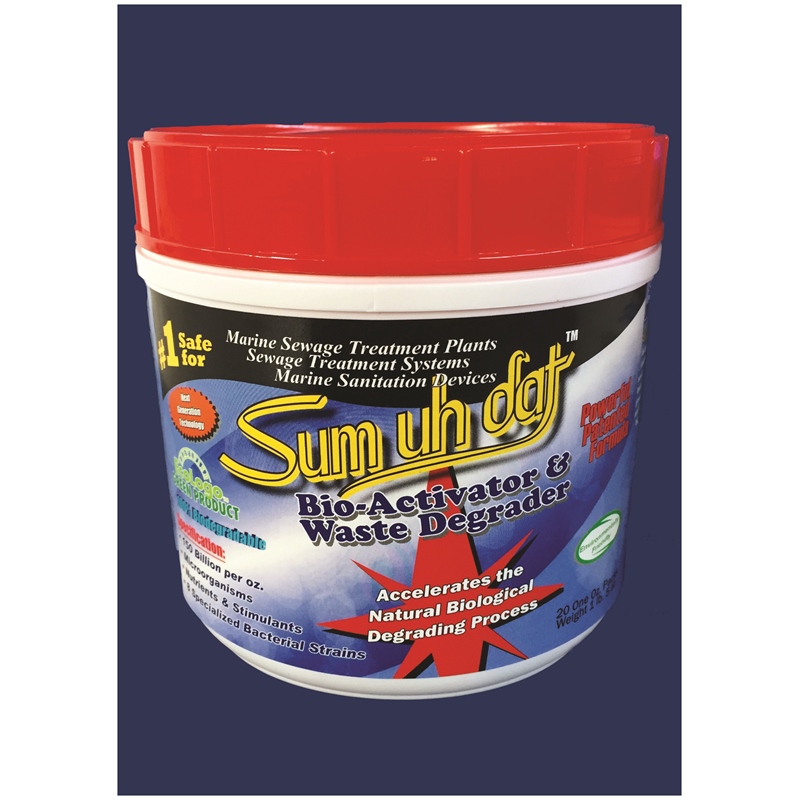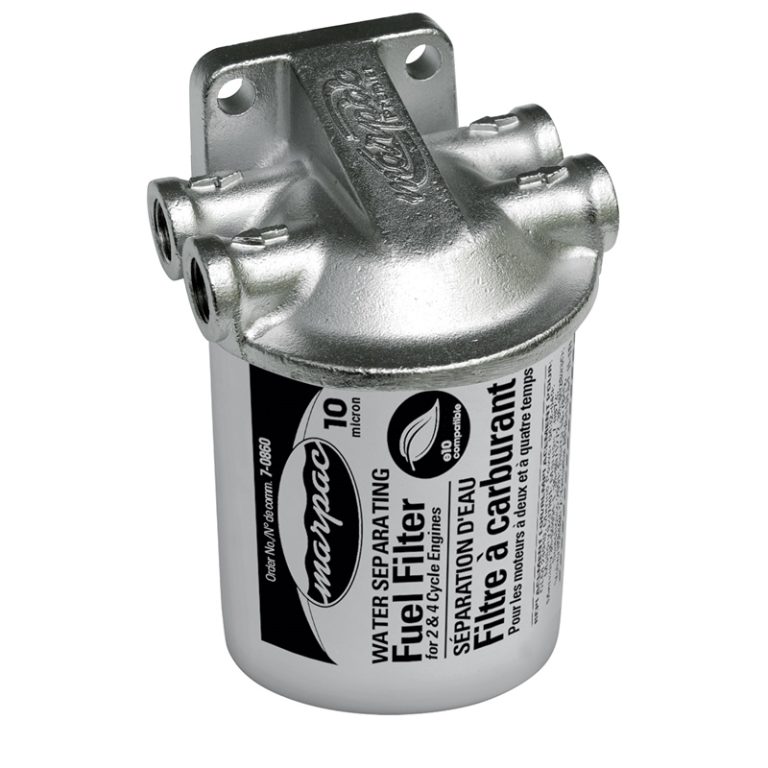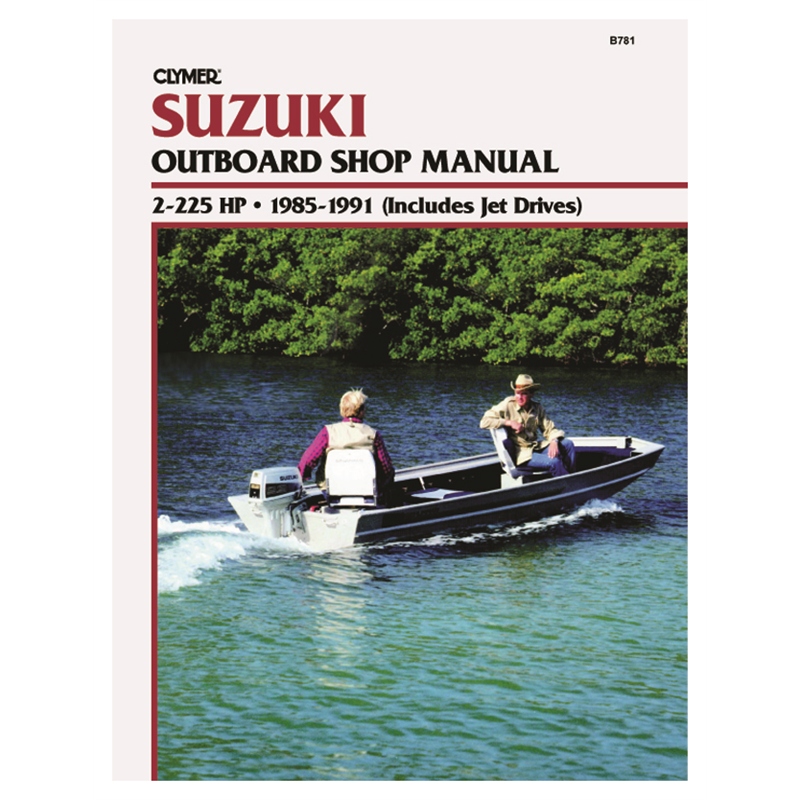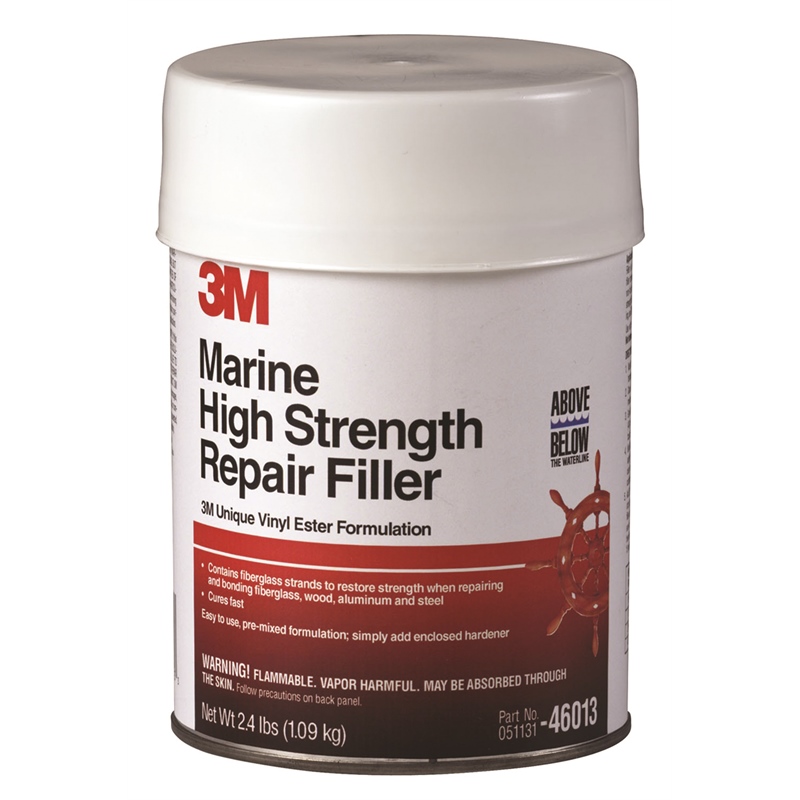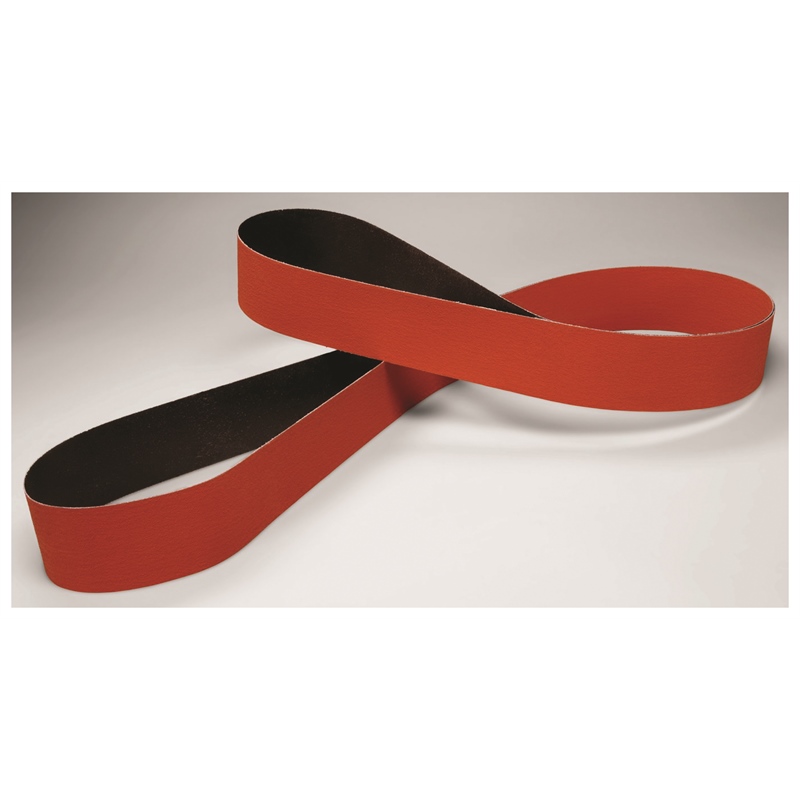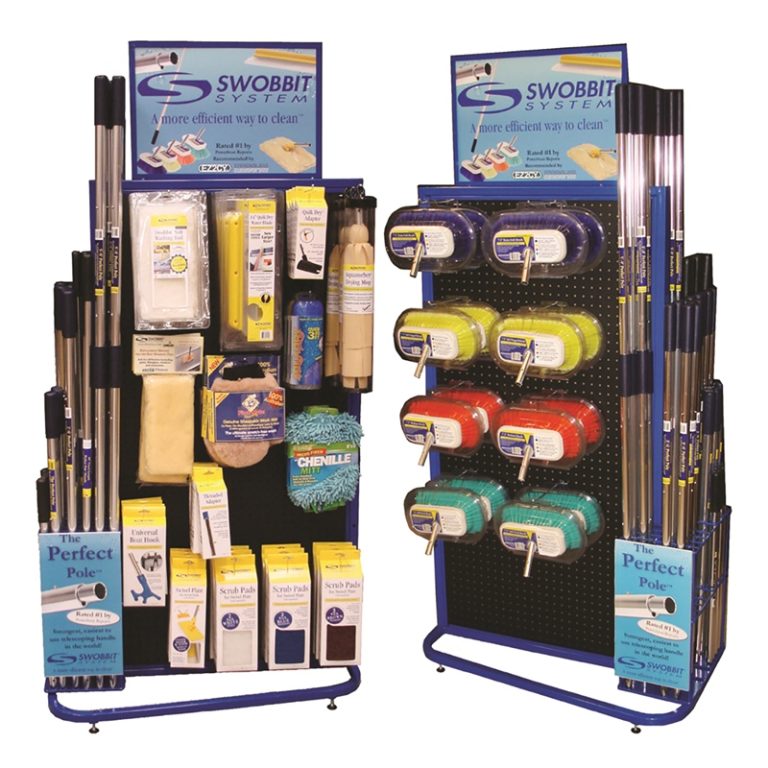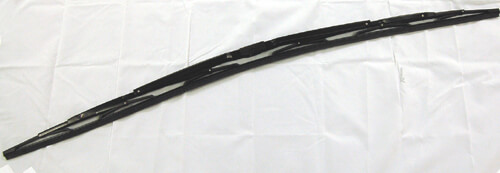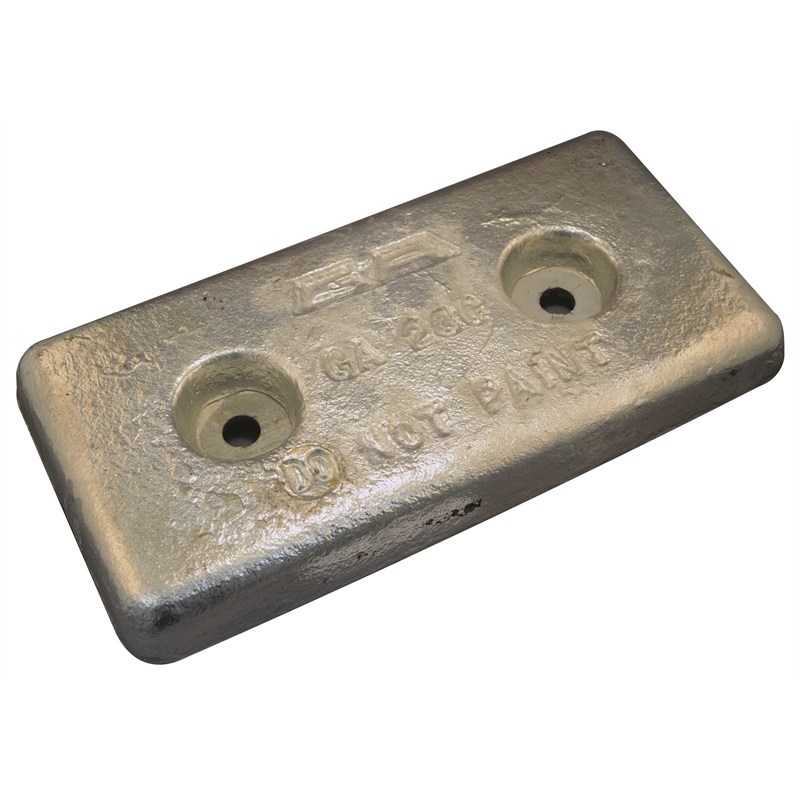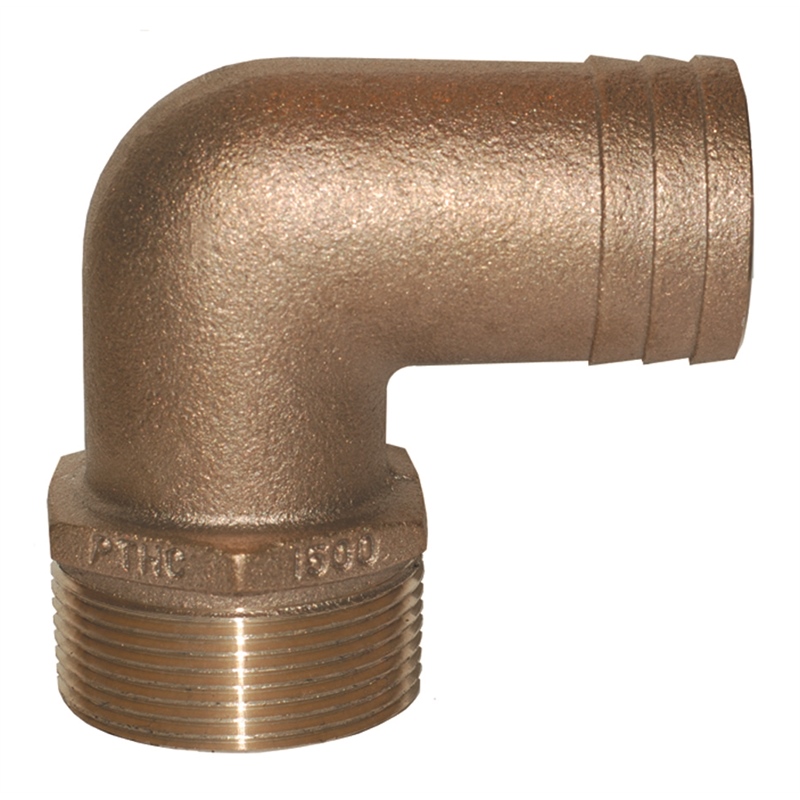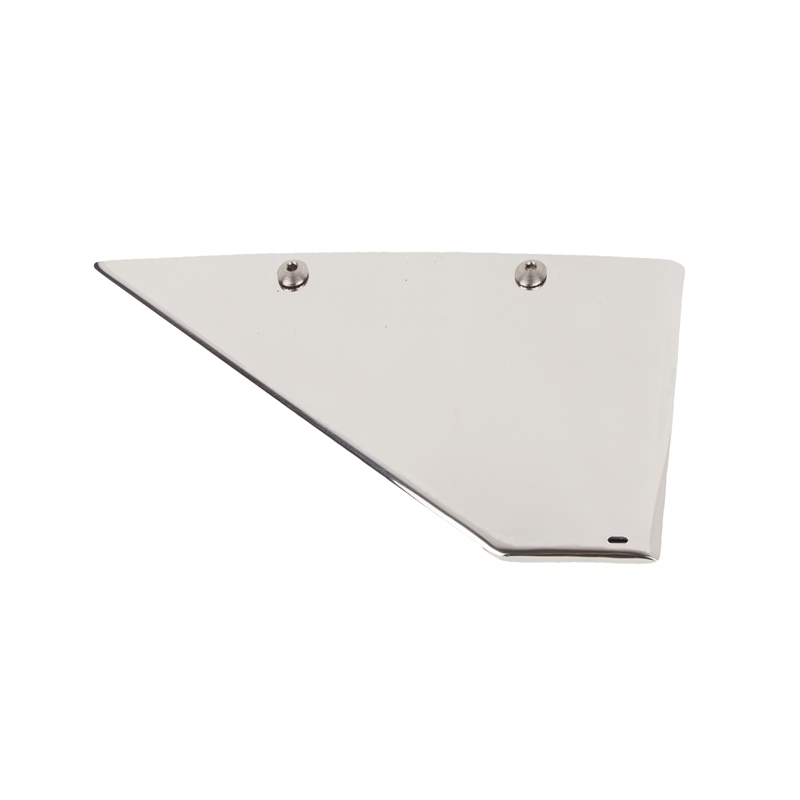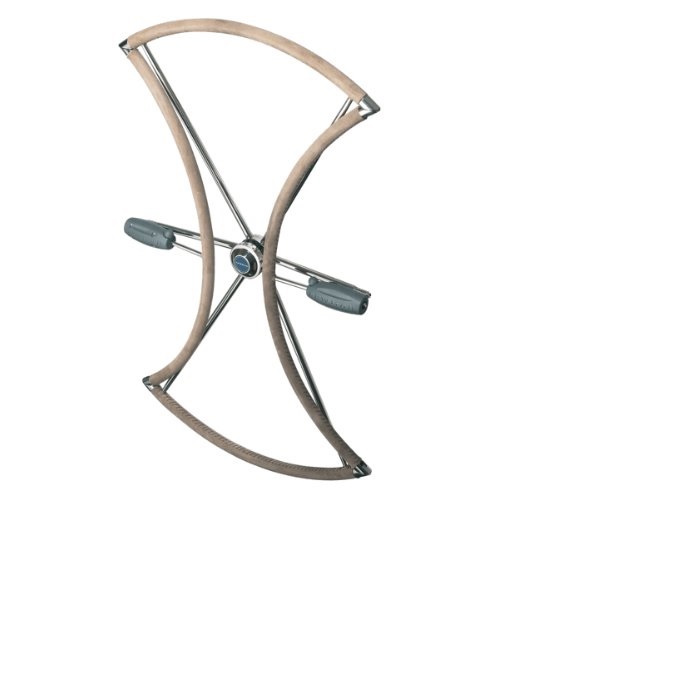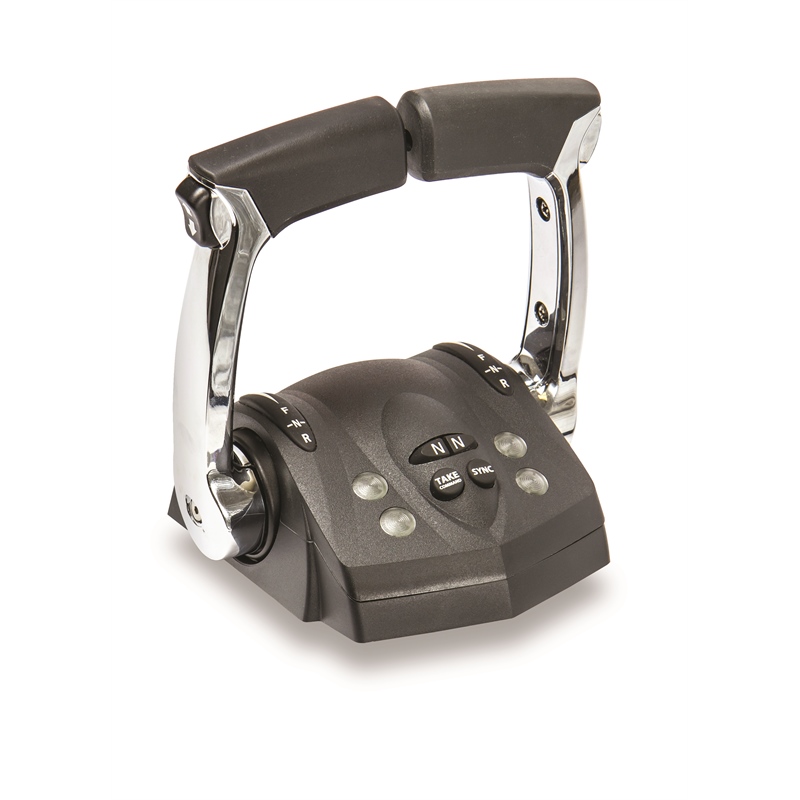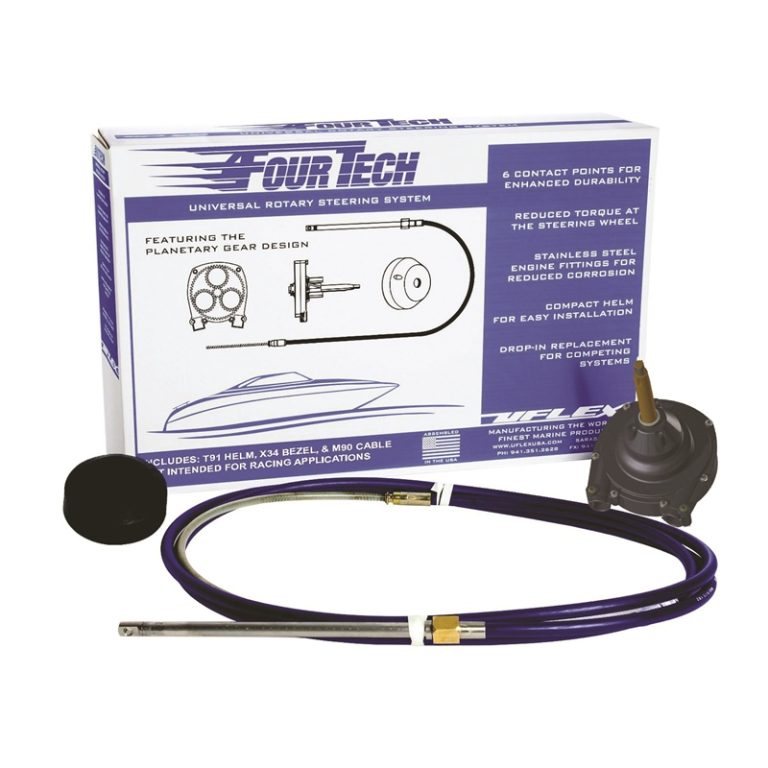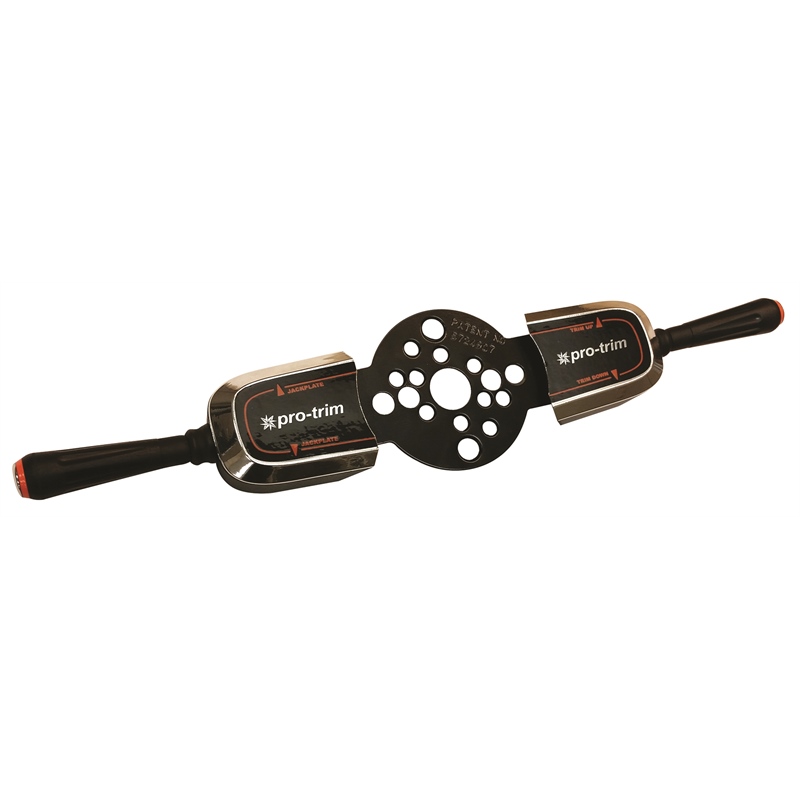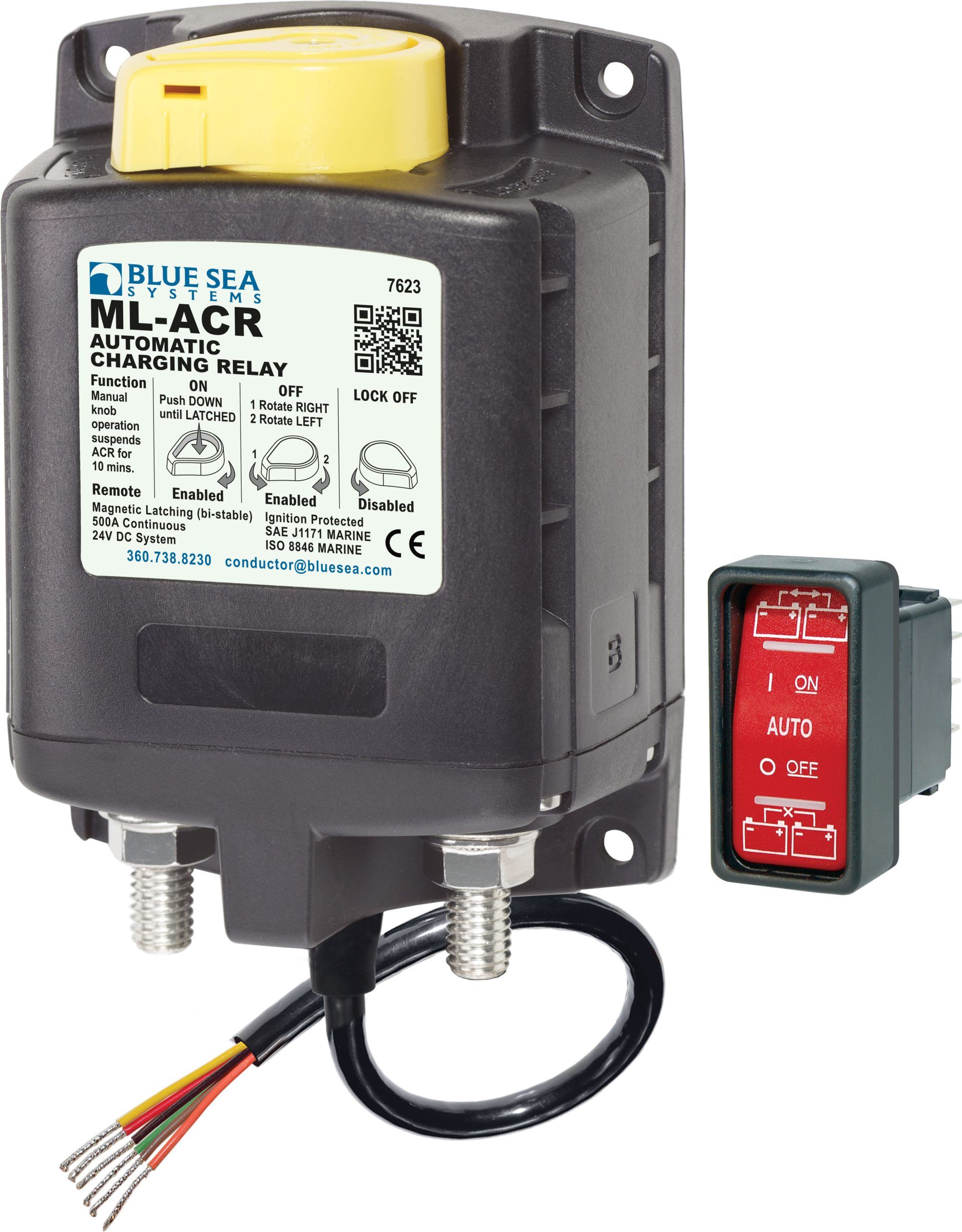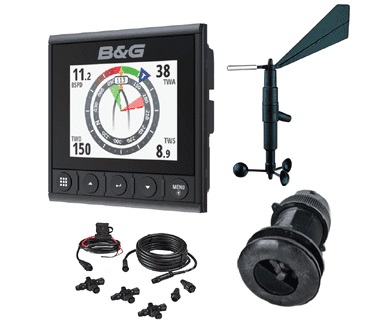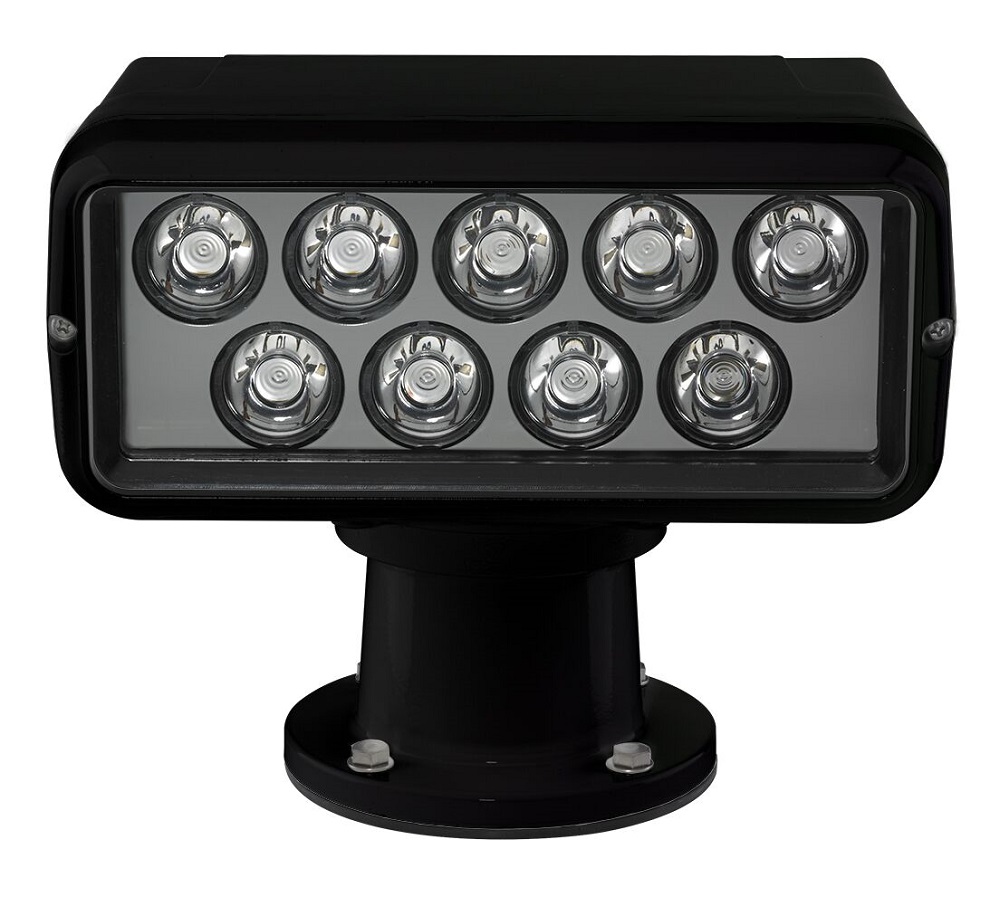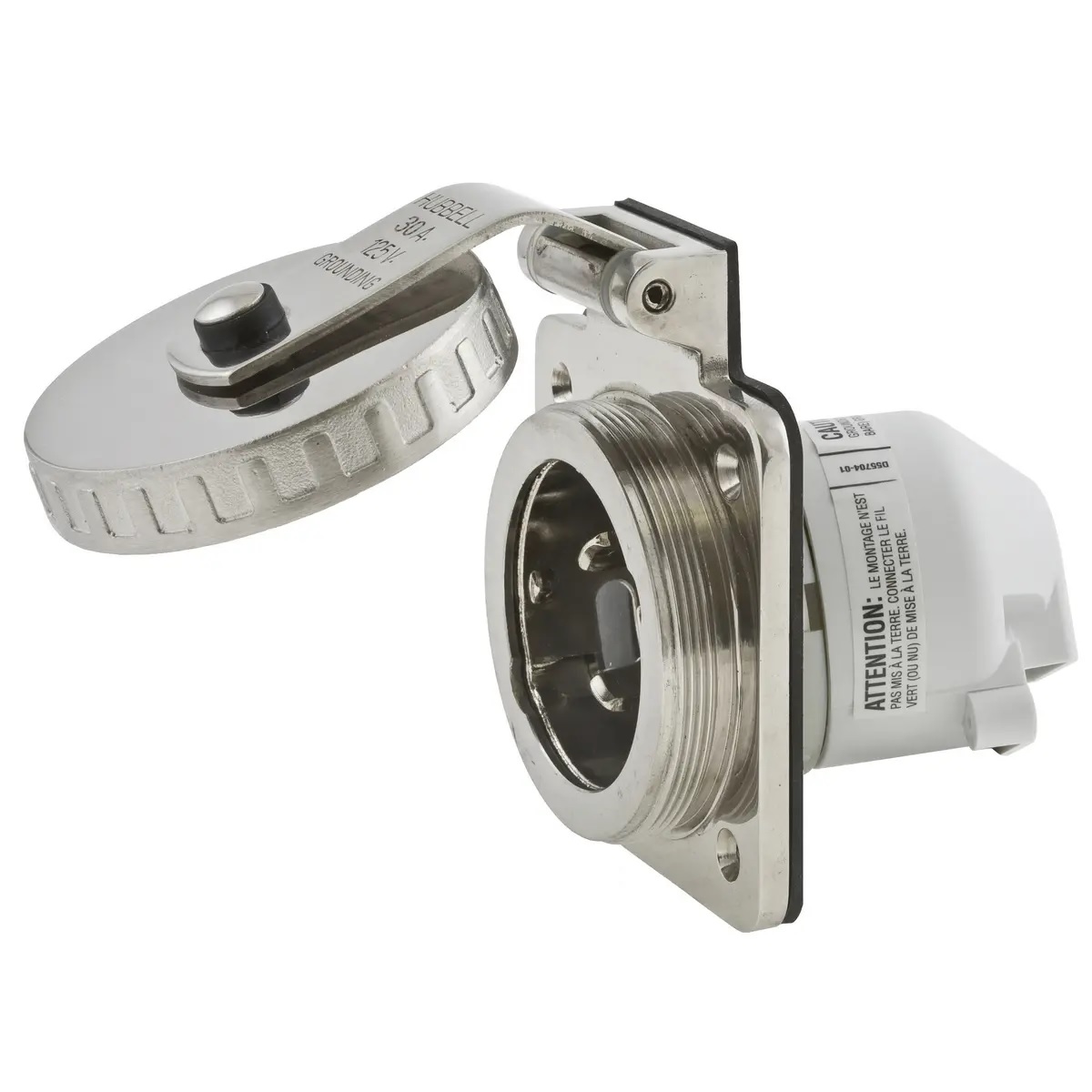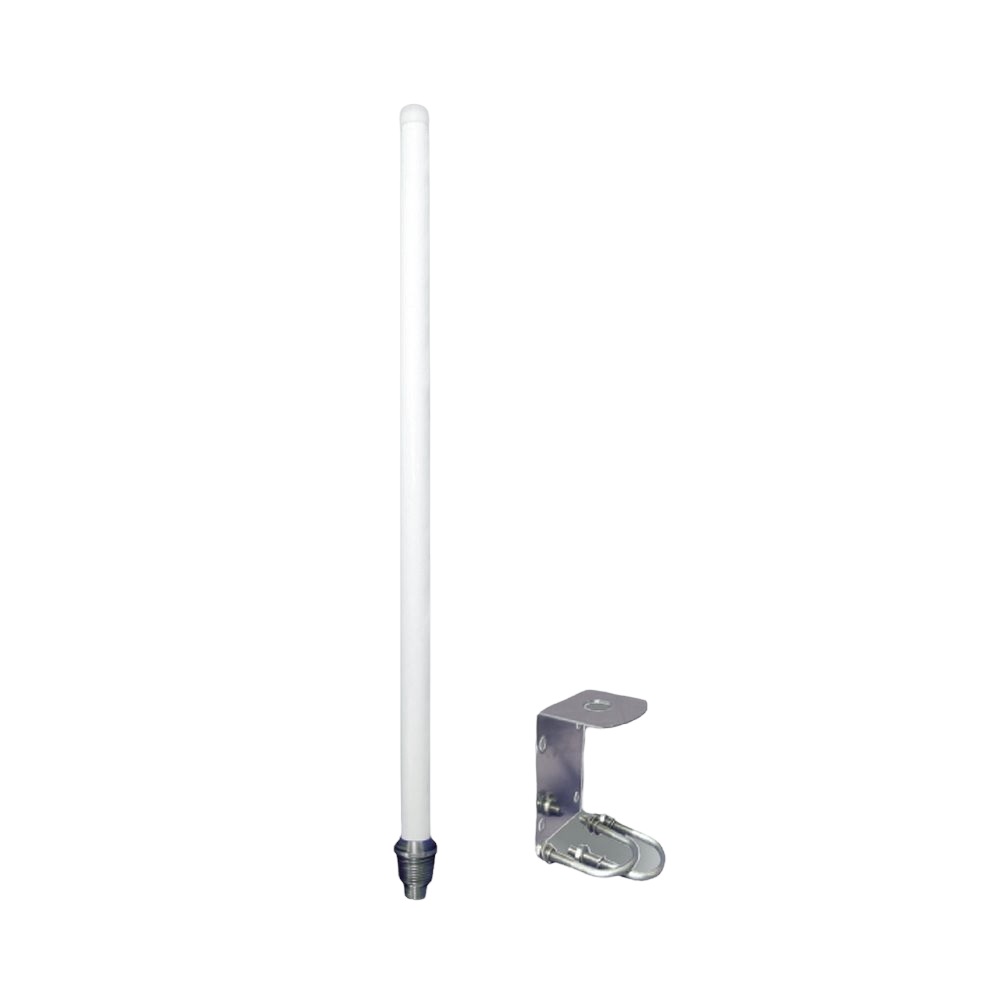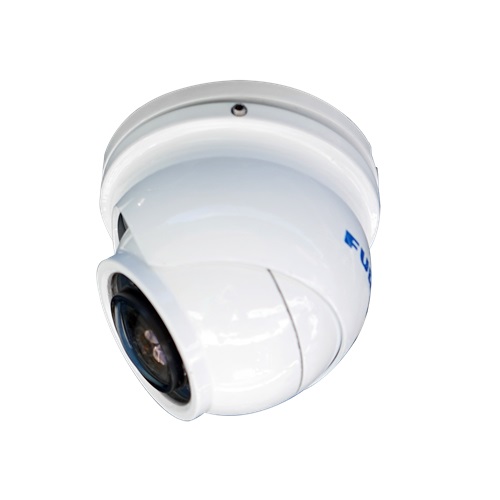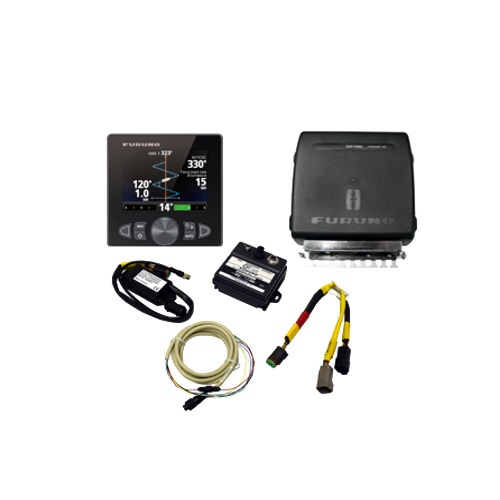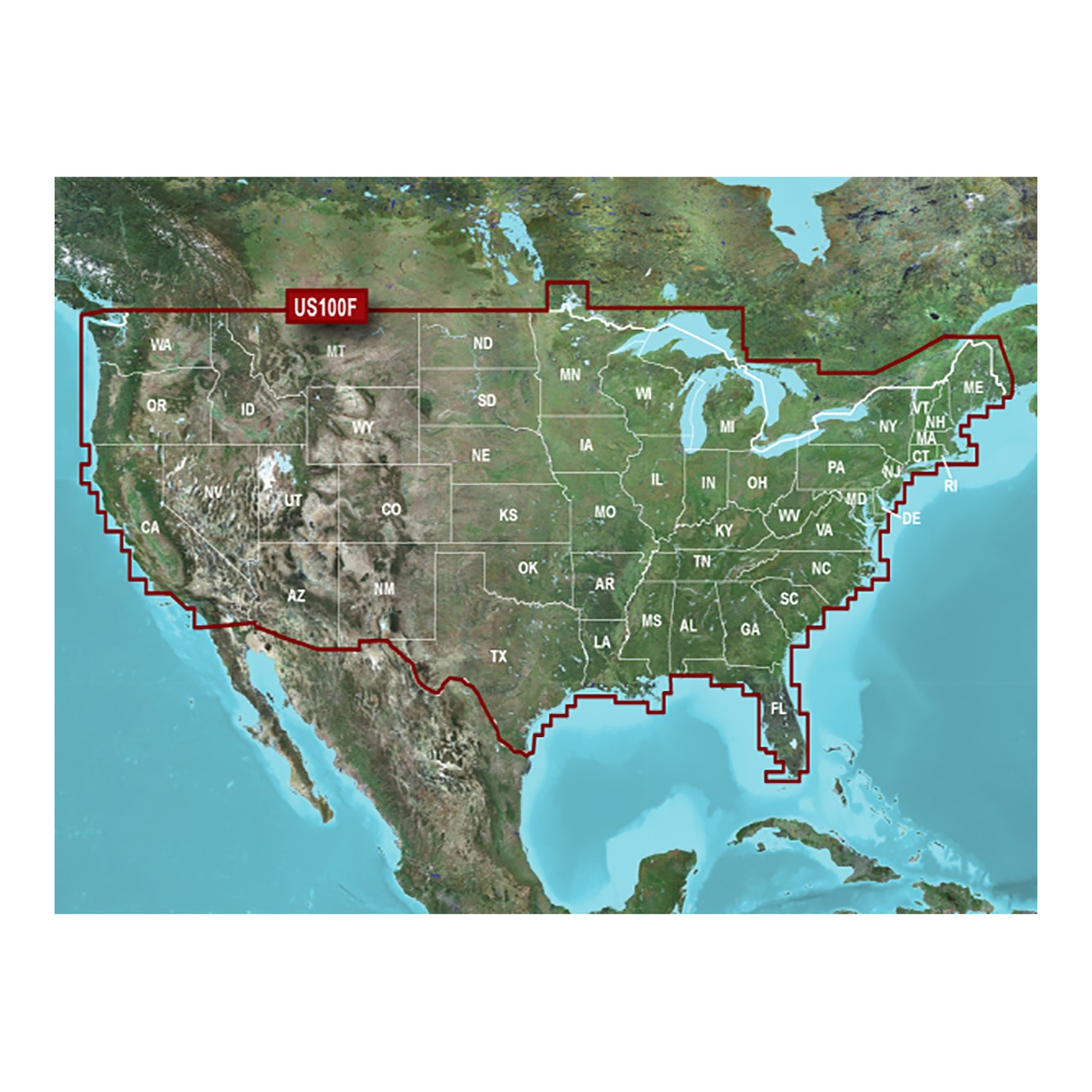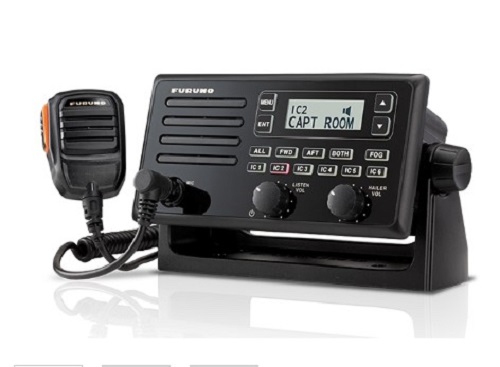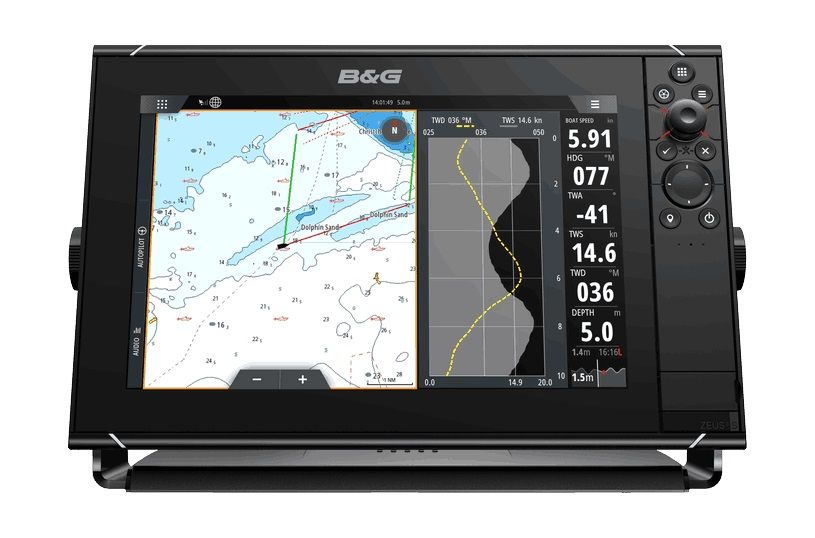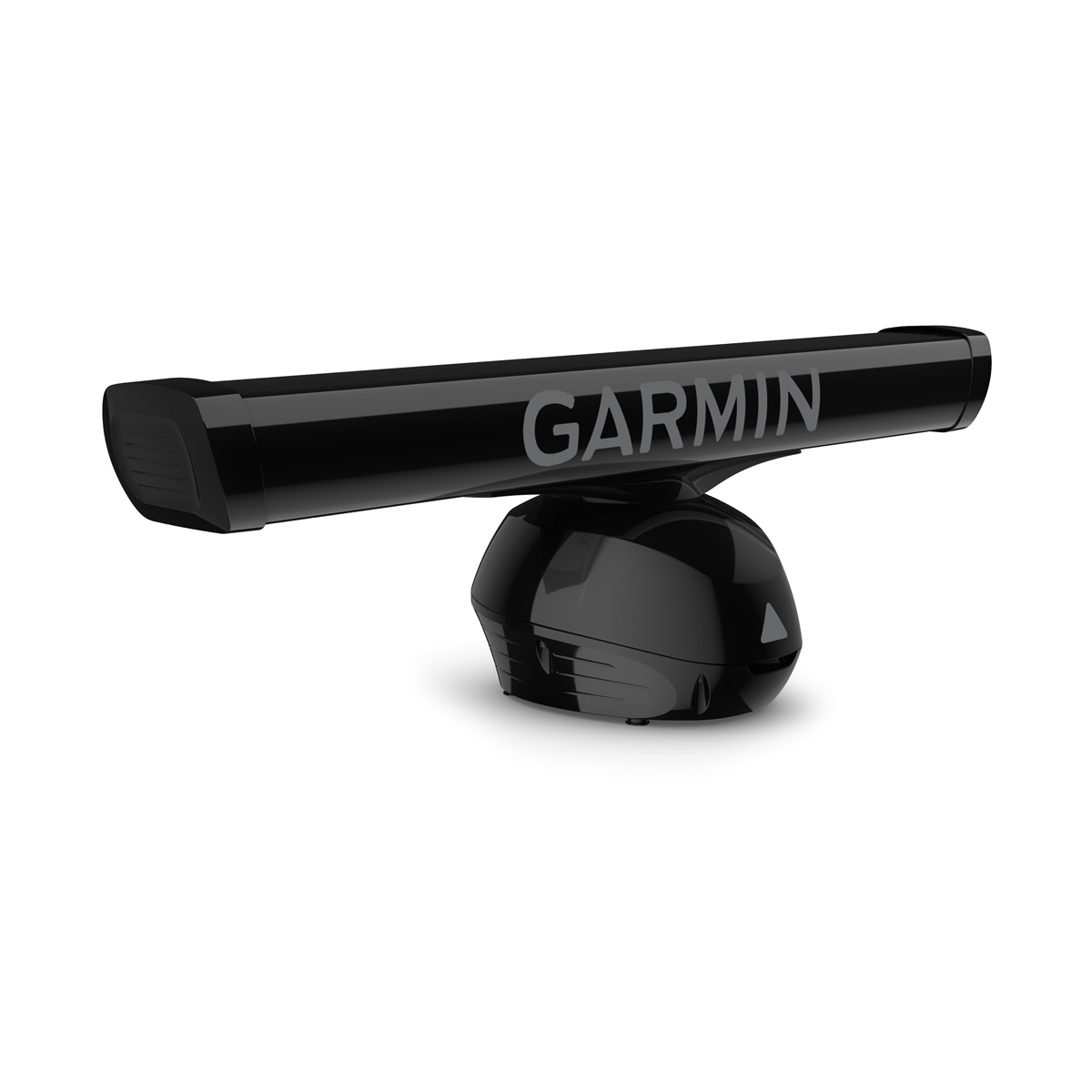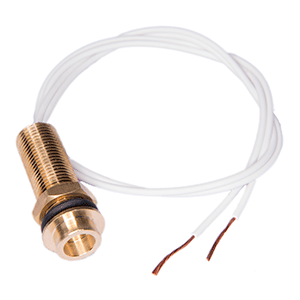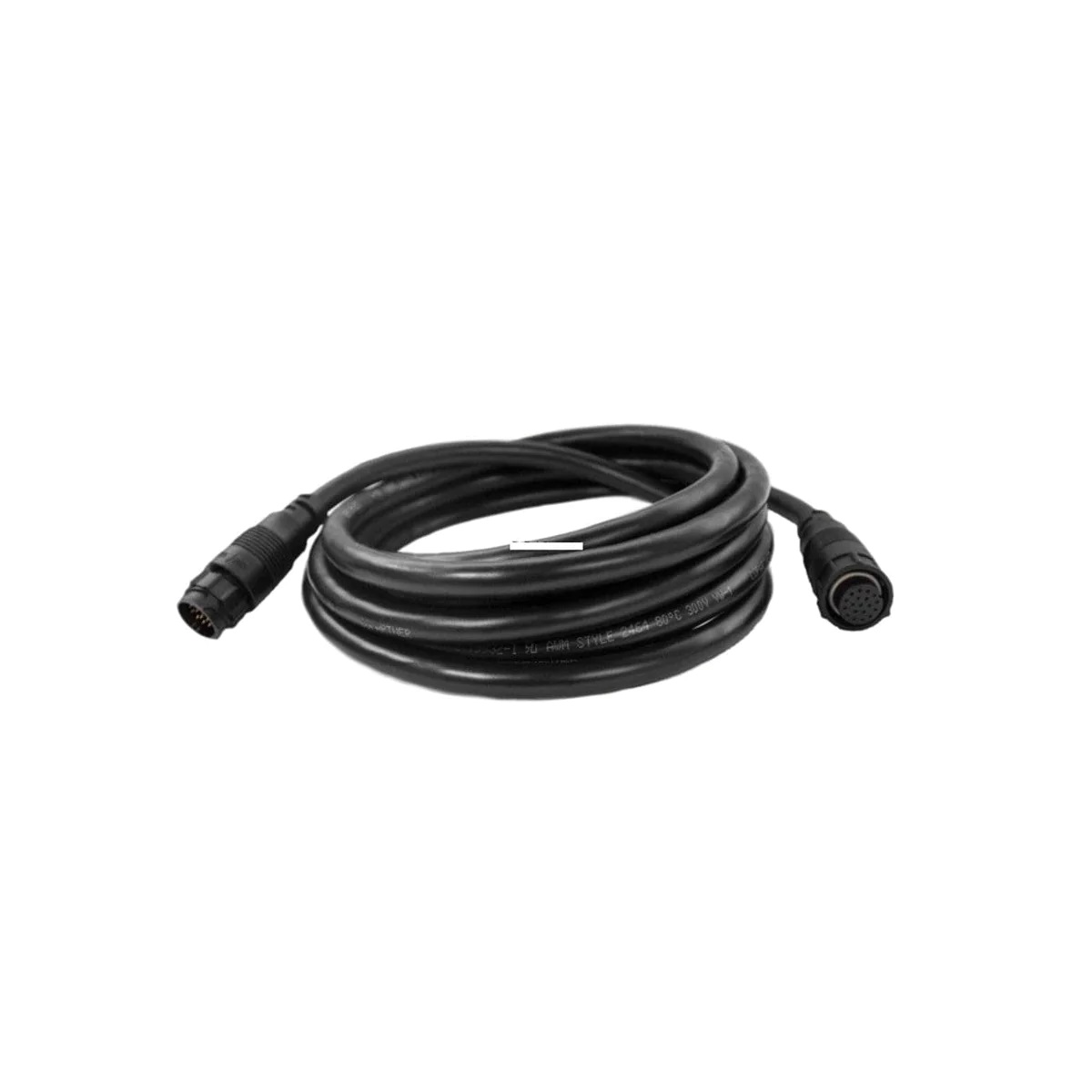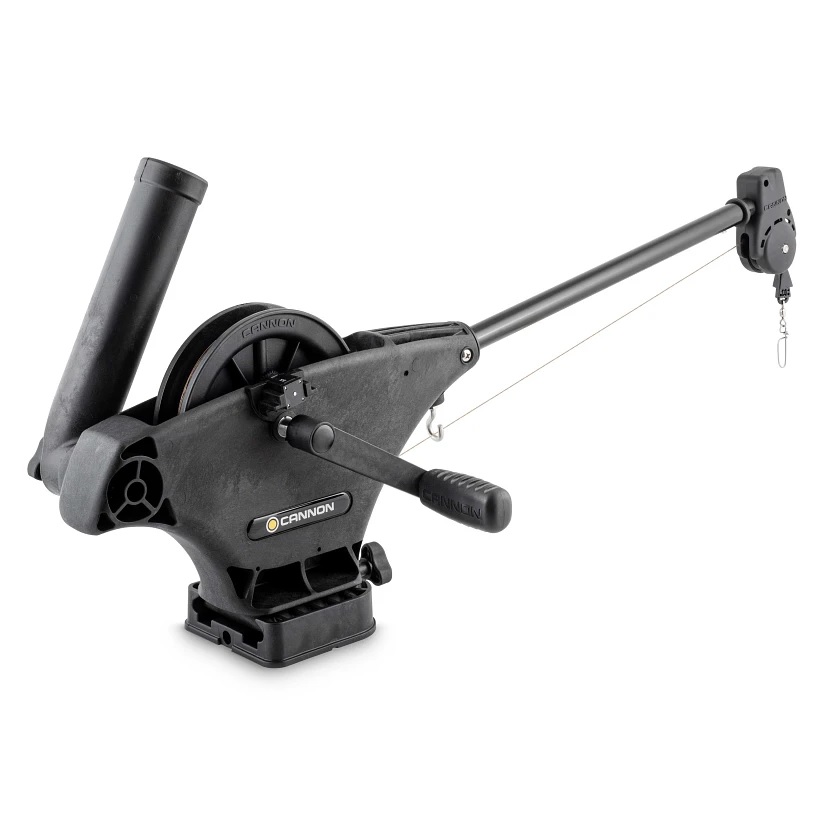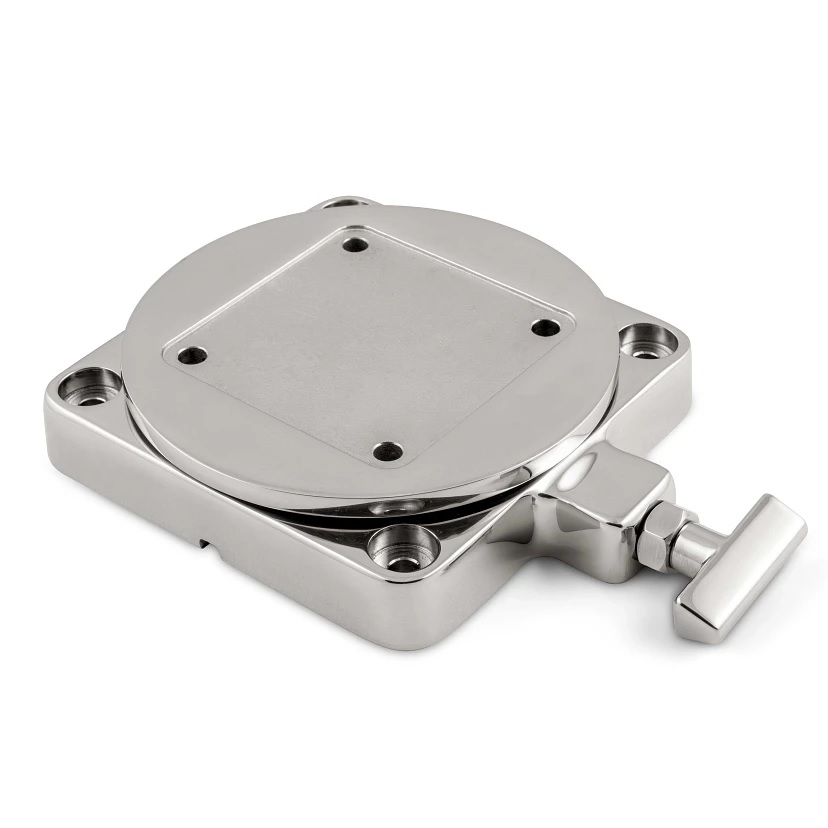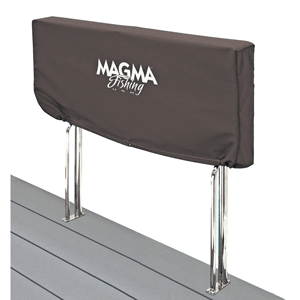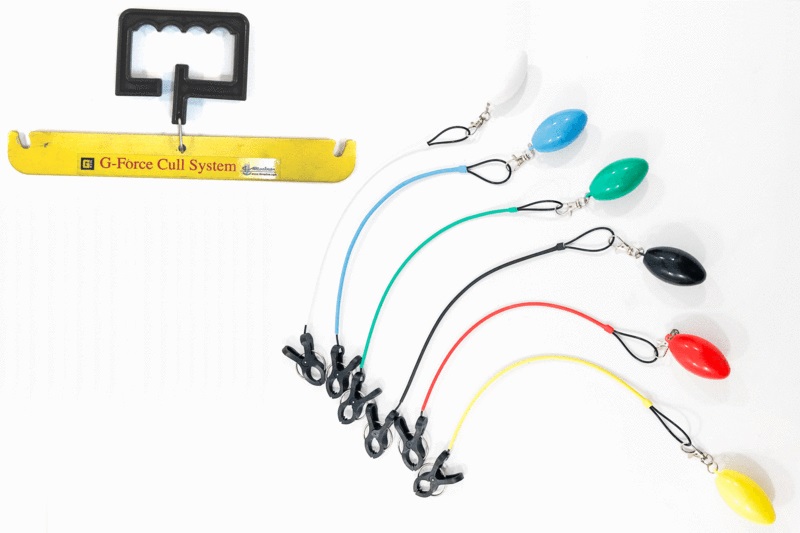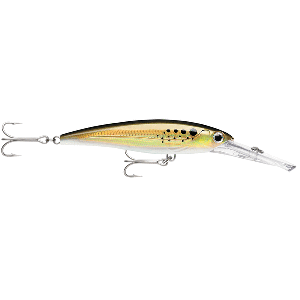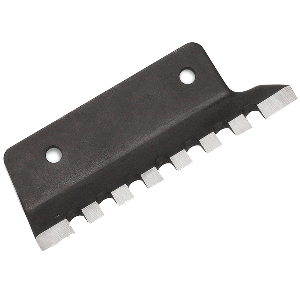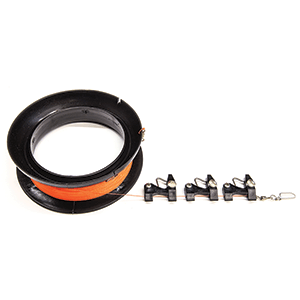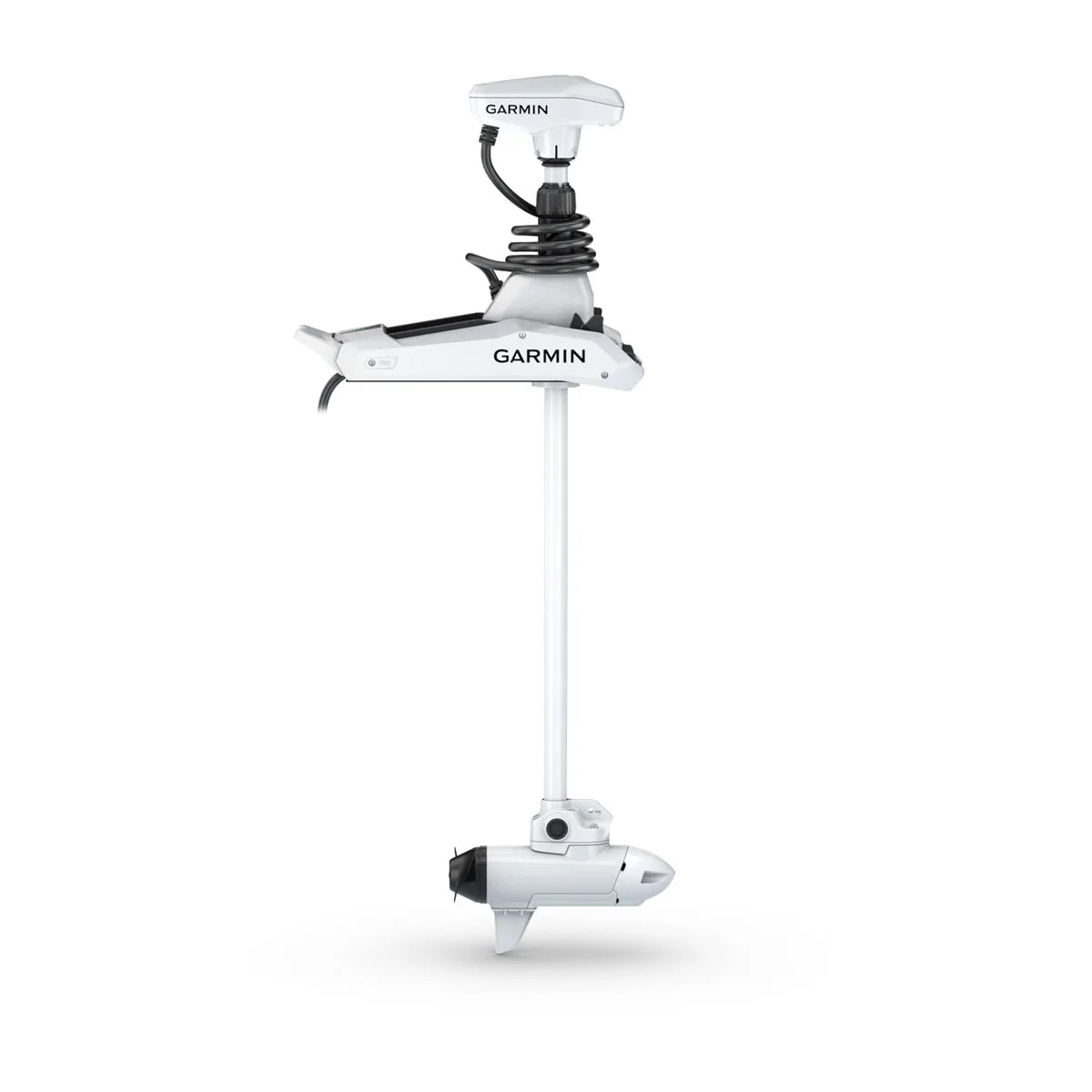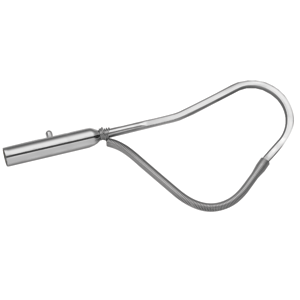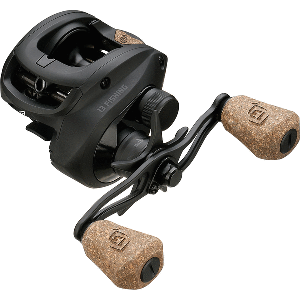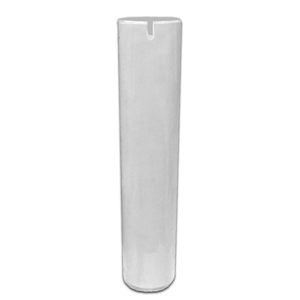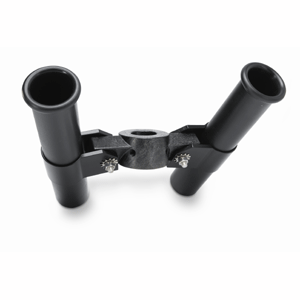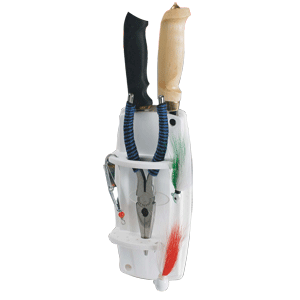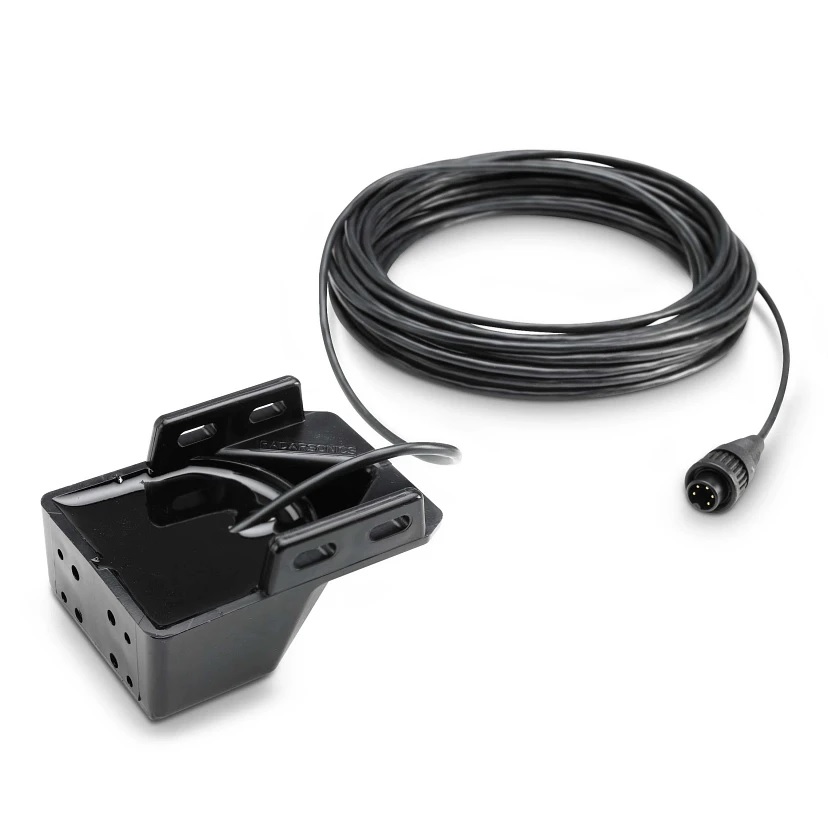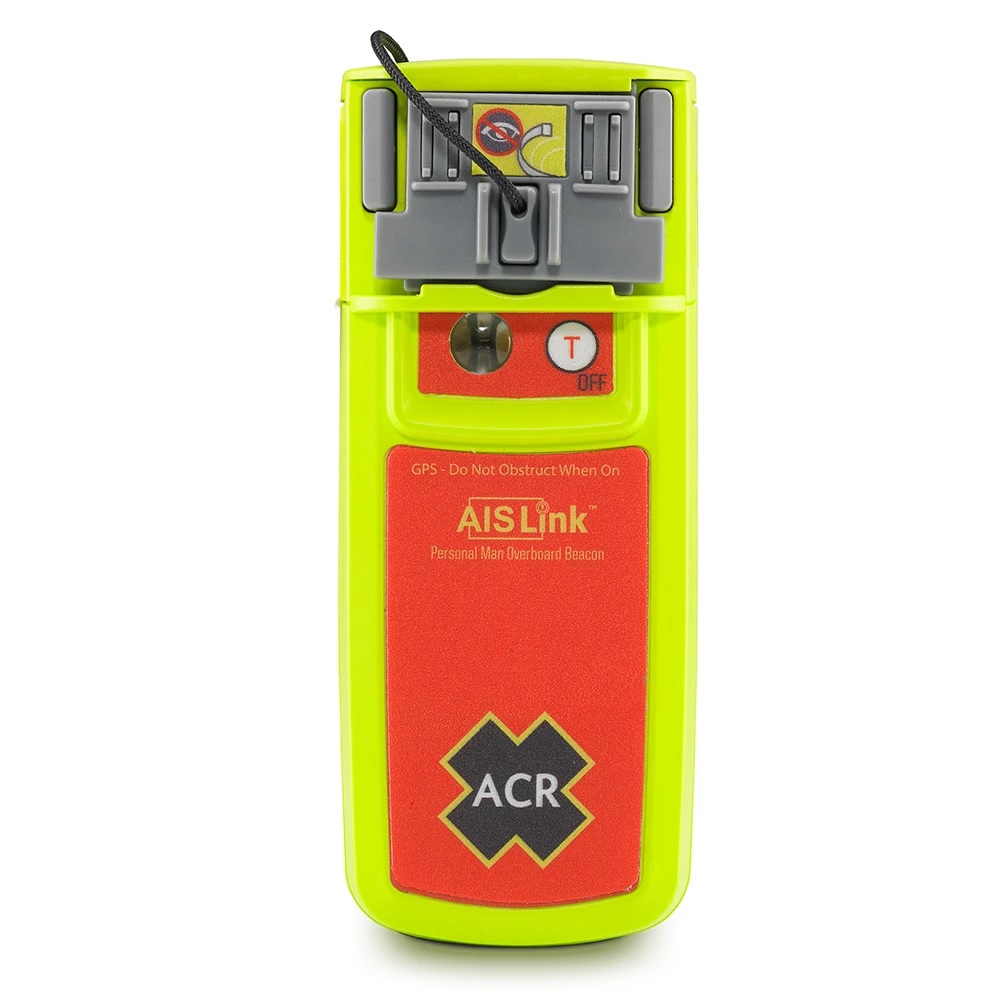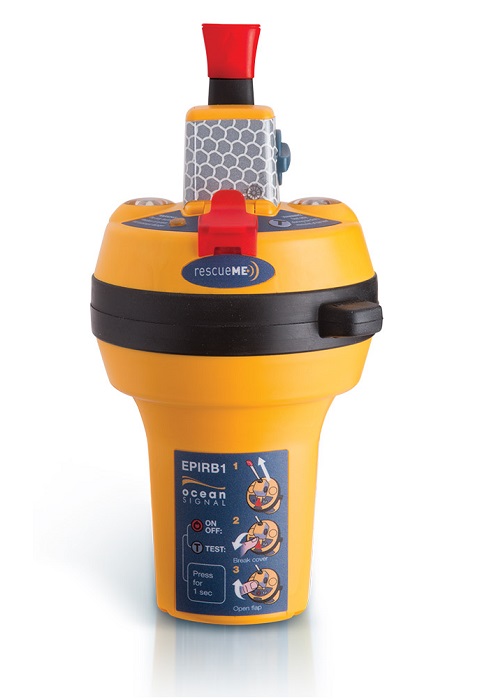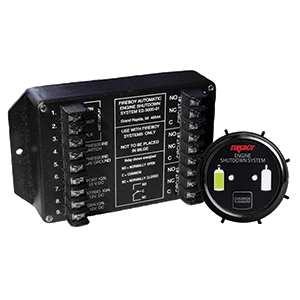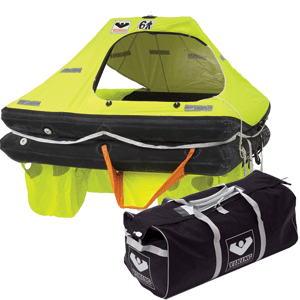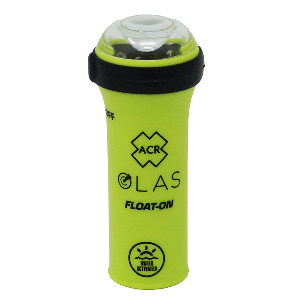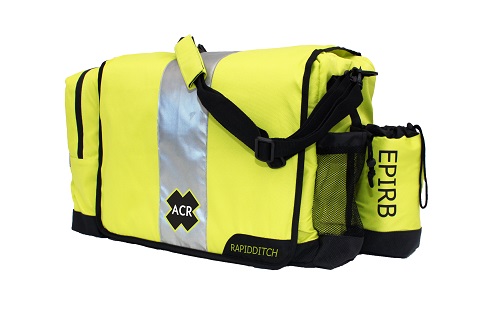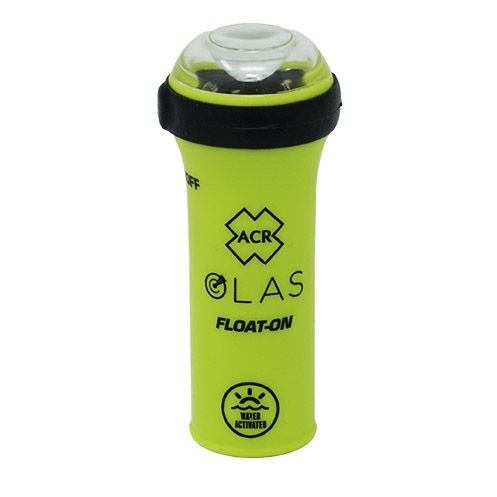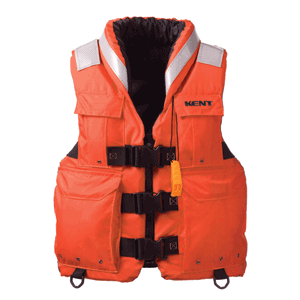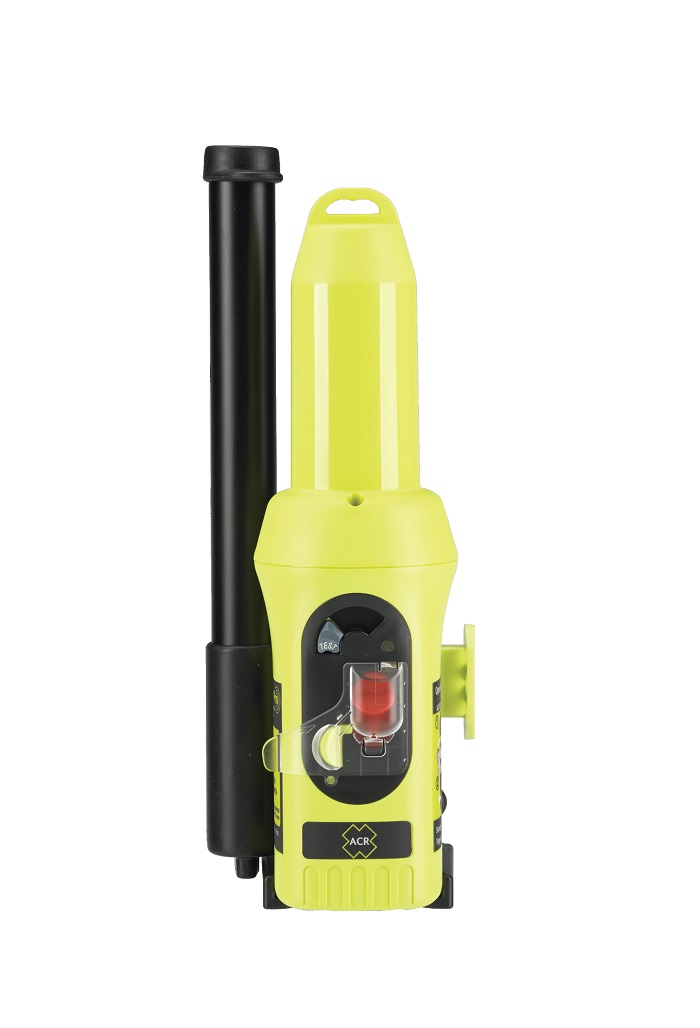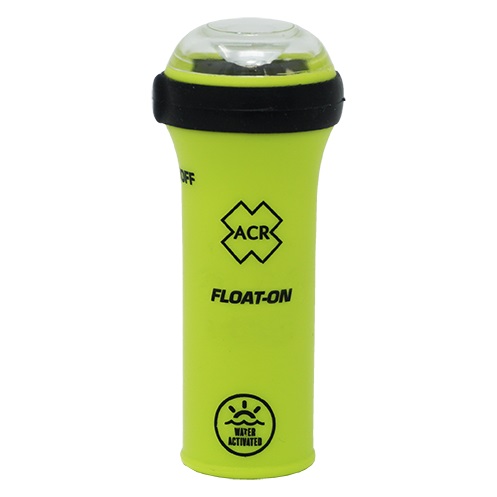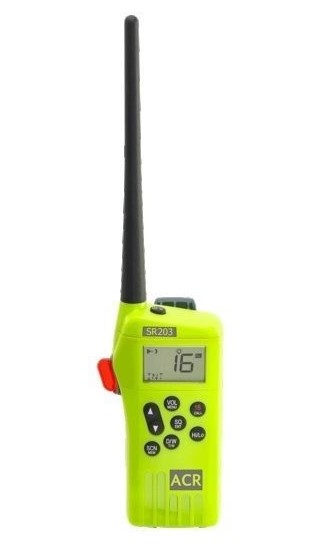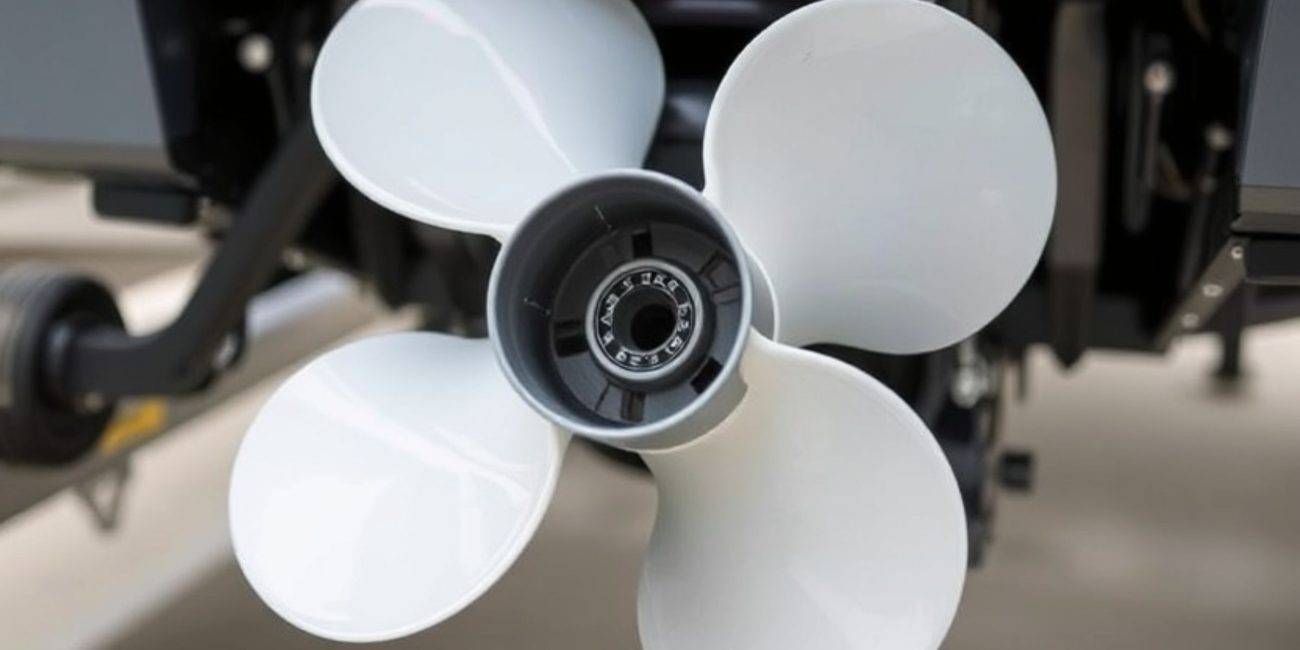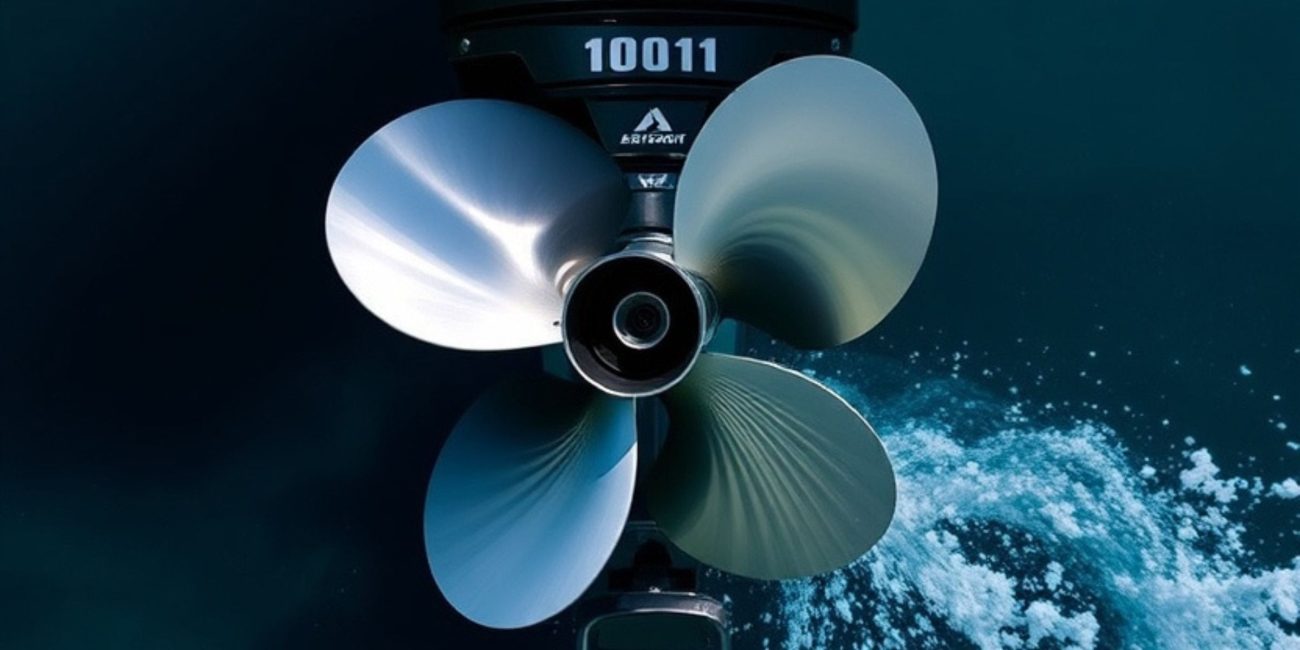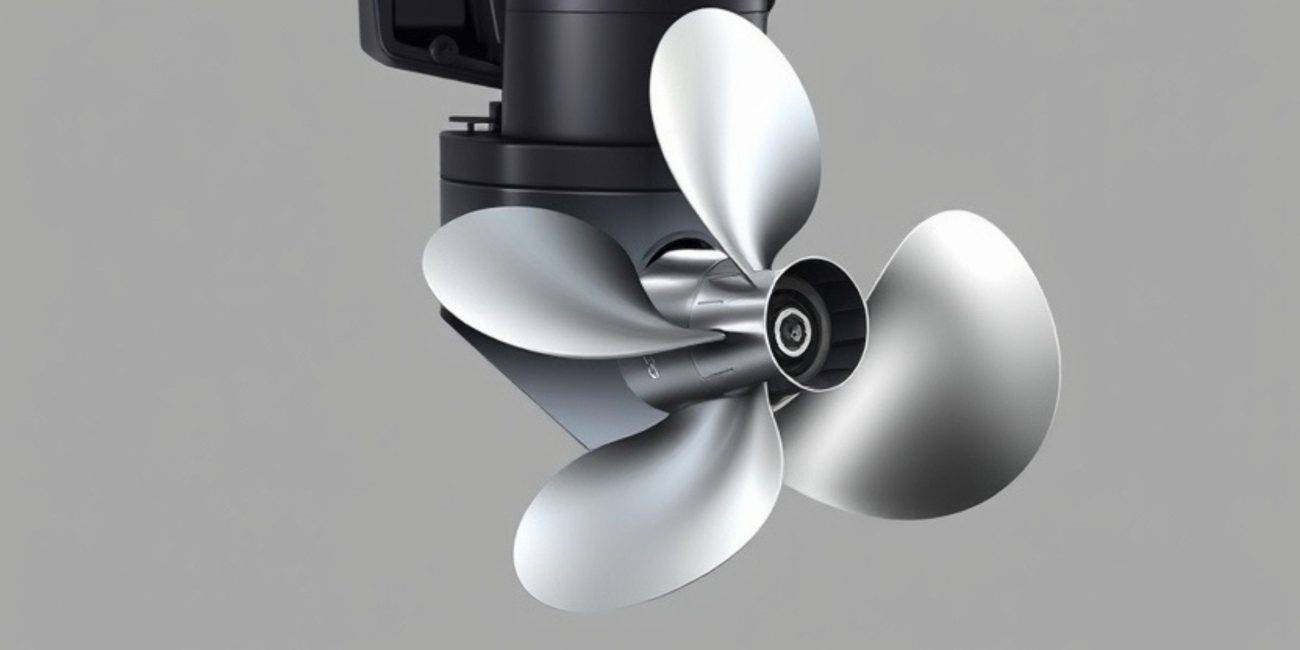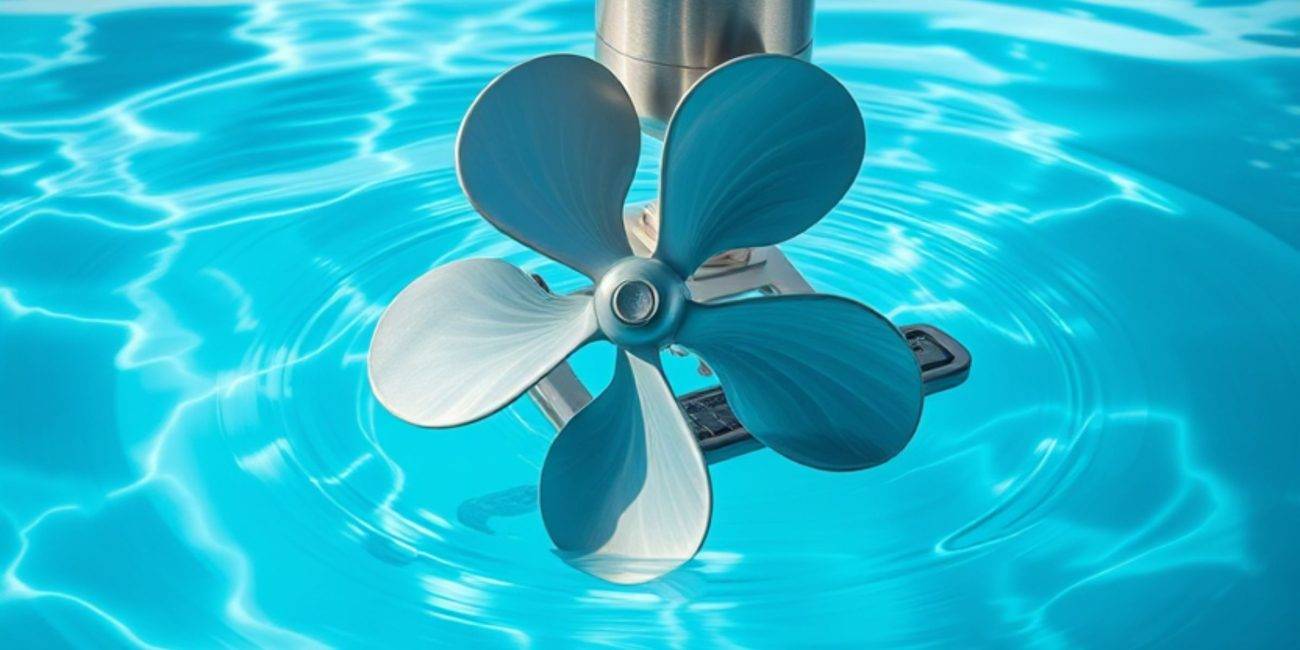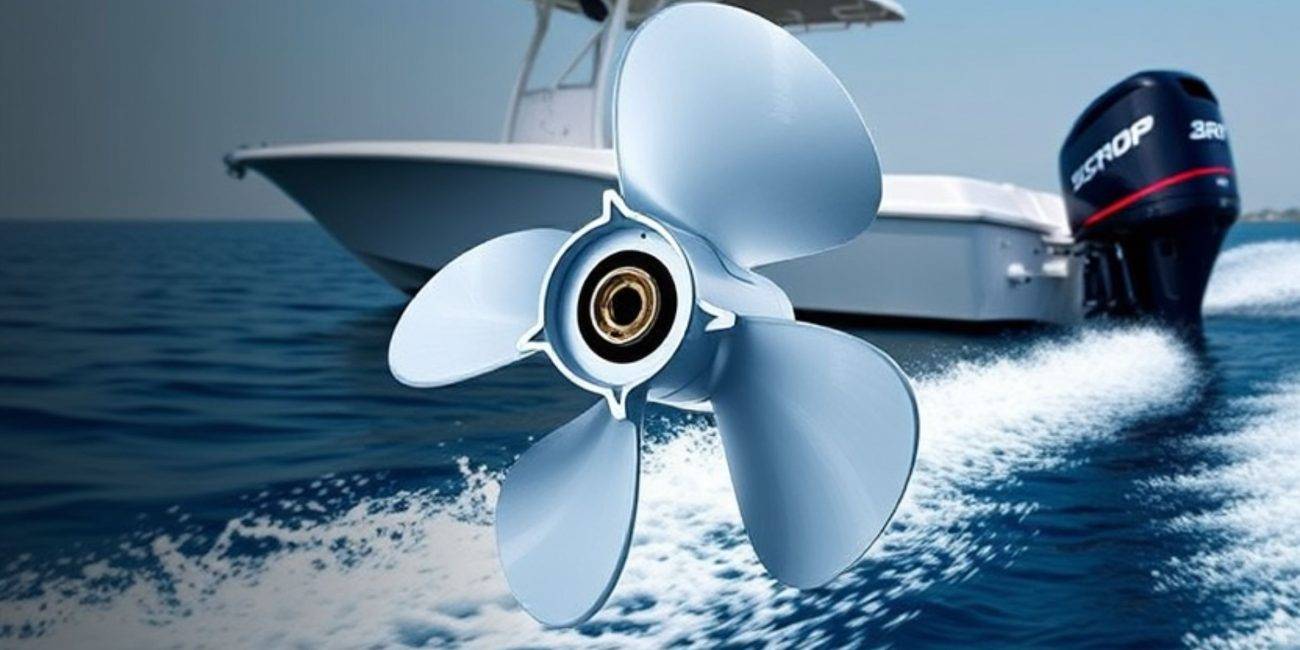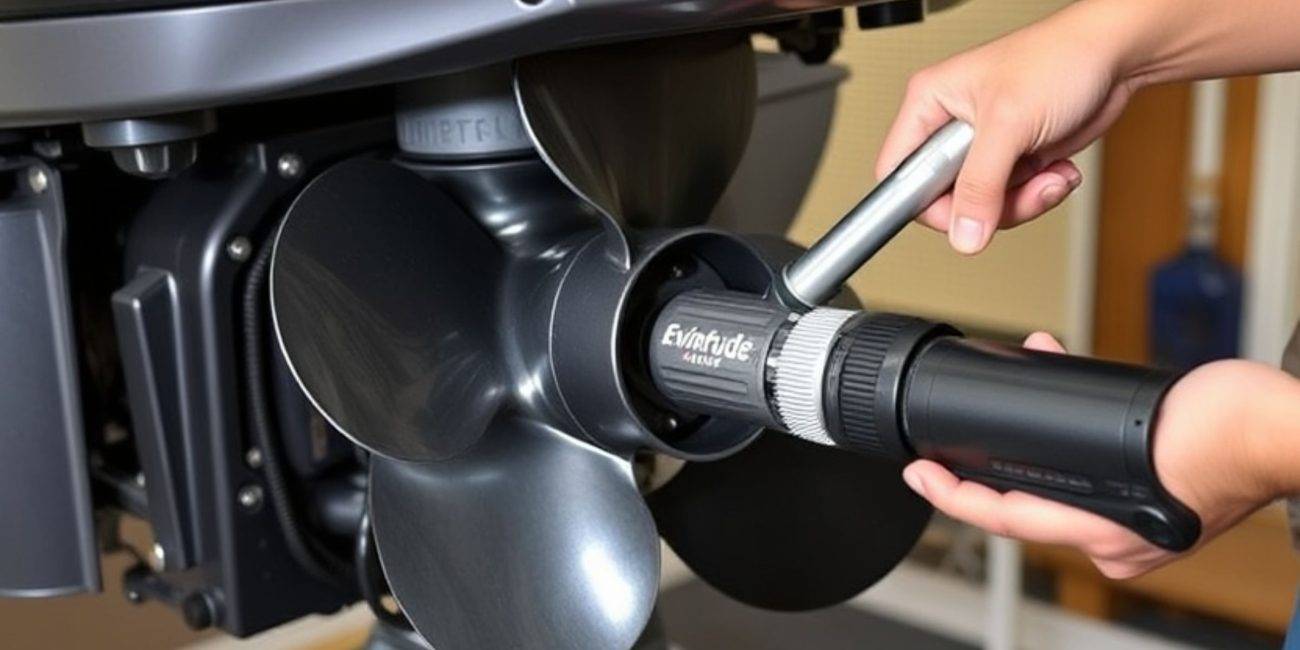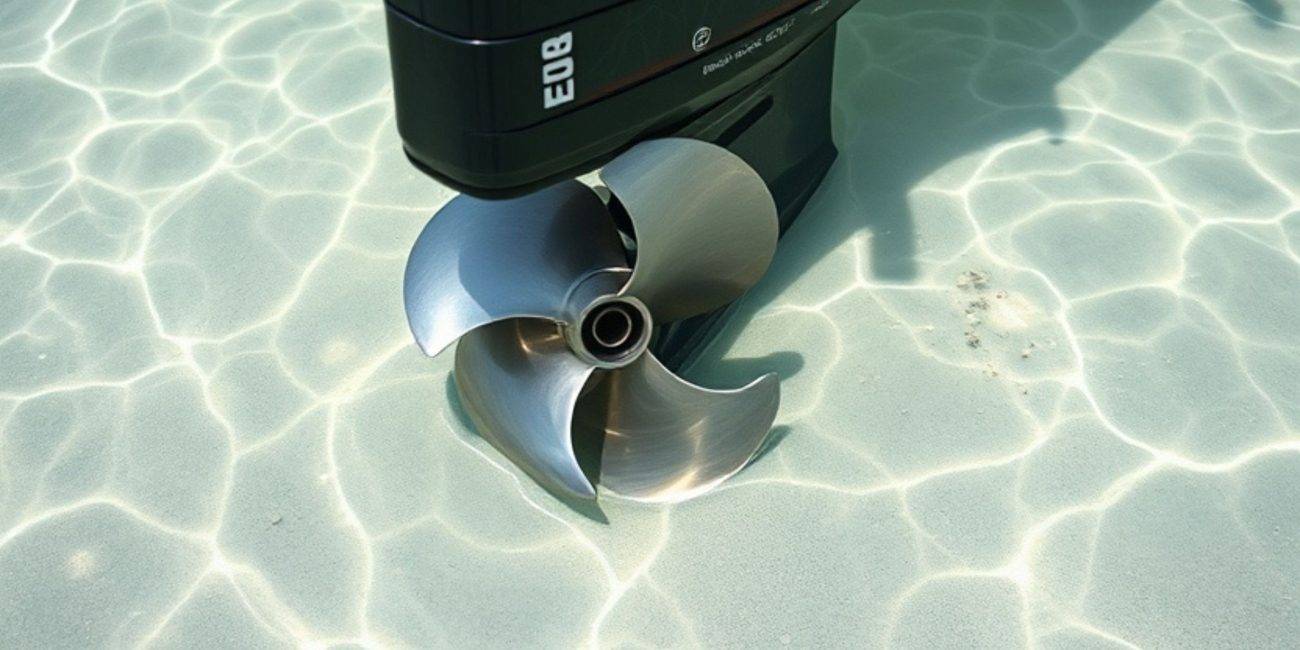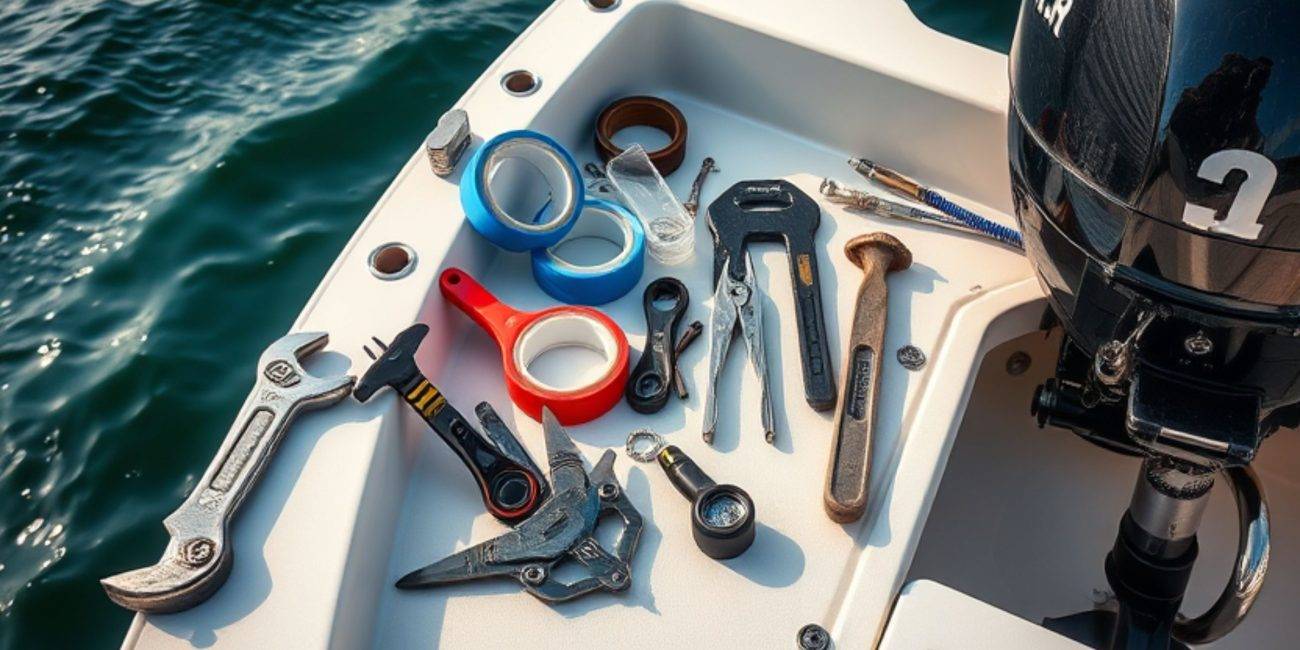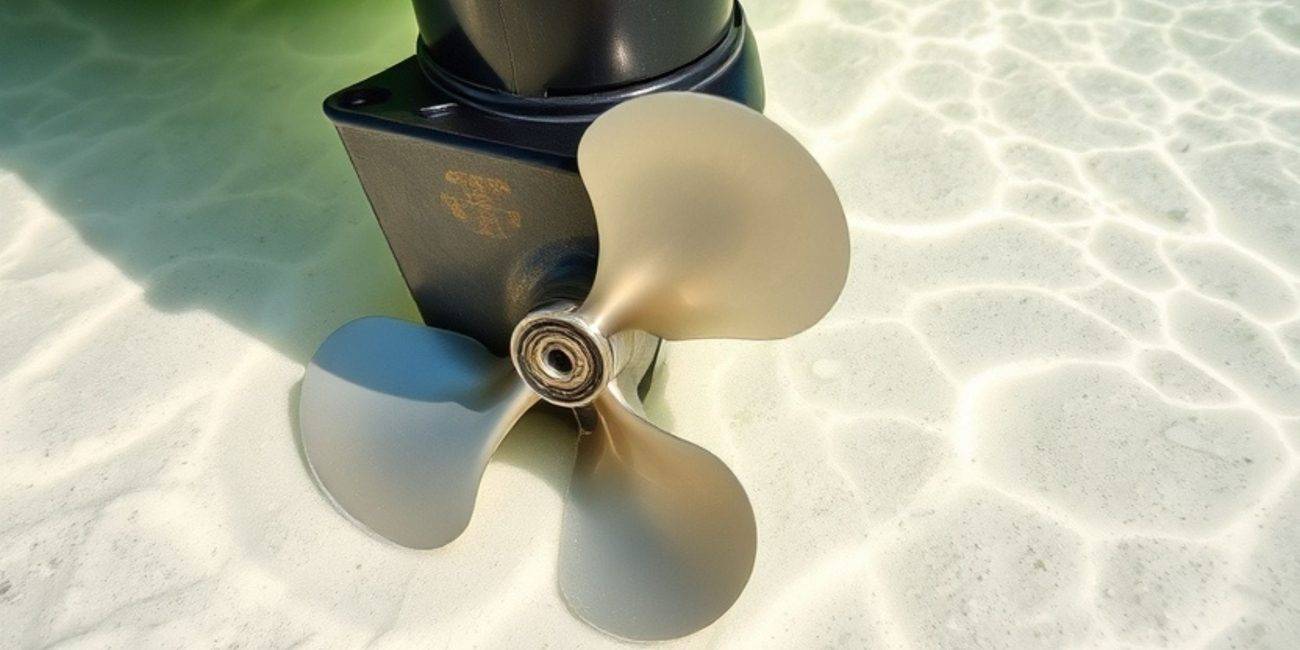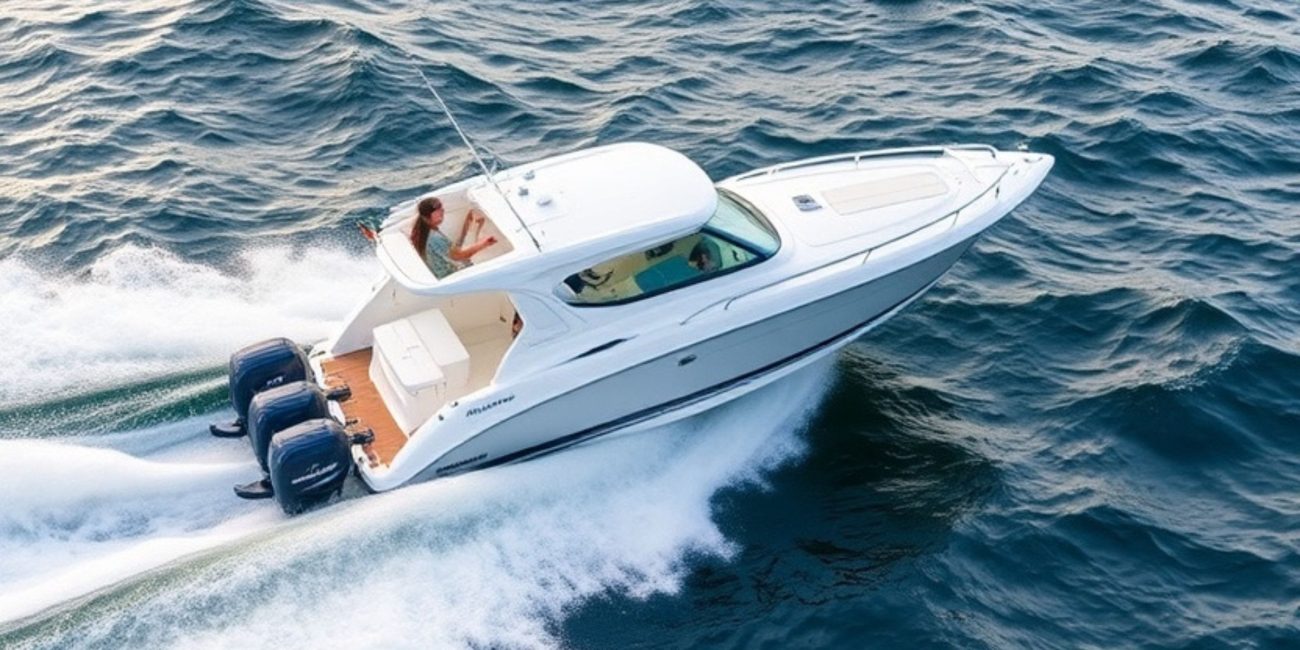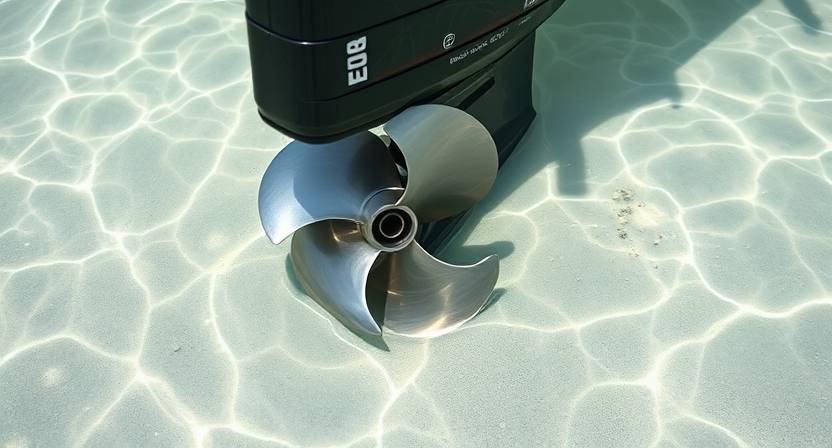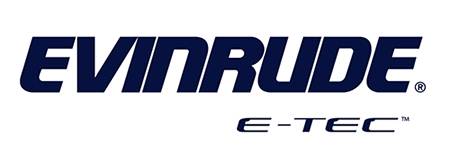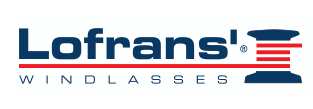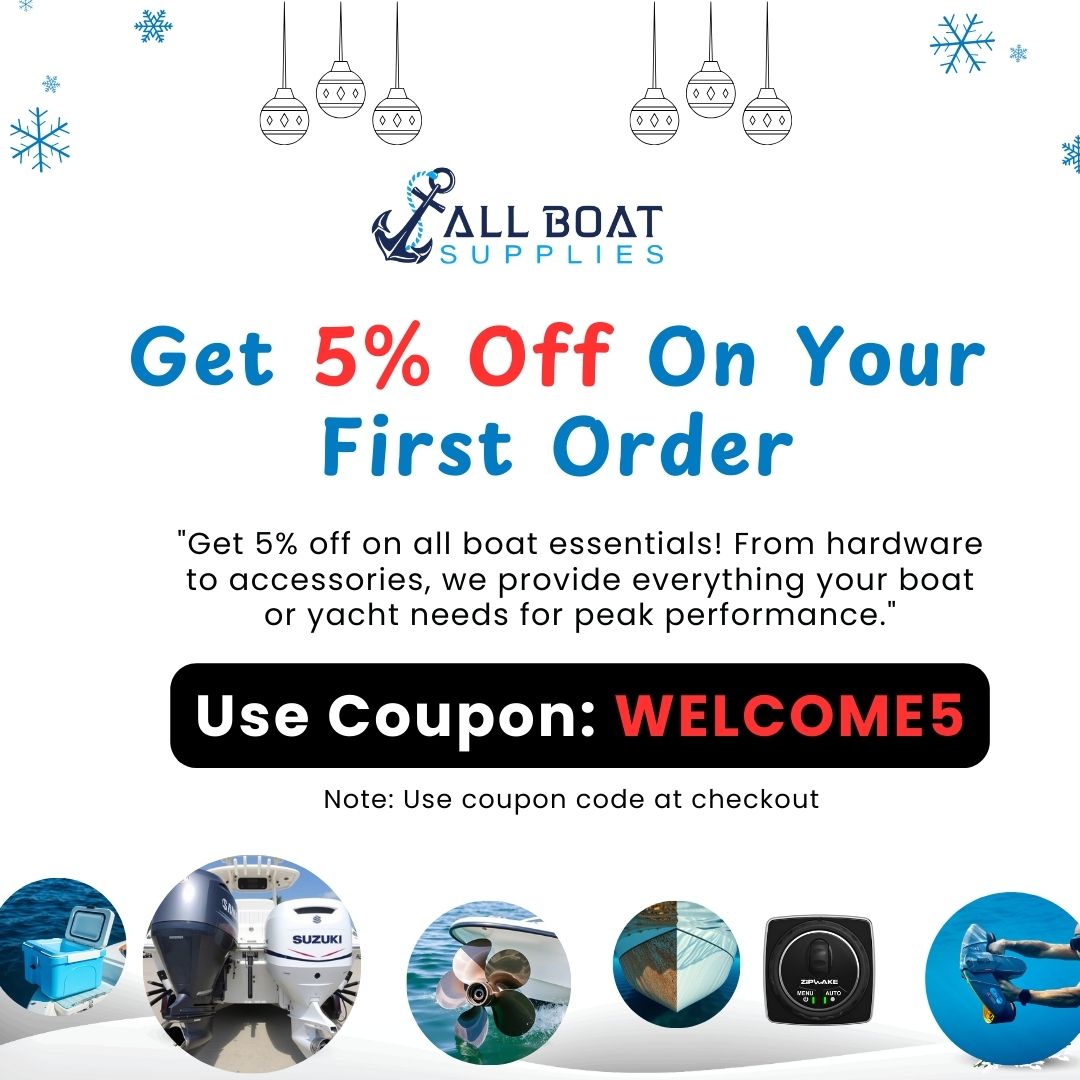Aluminium vs Stainless Steel Propellers which is best ?
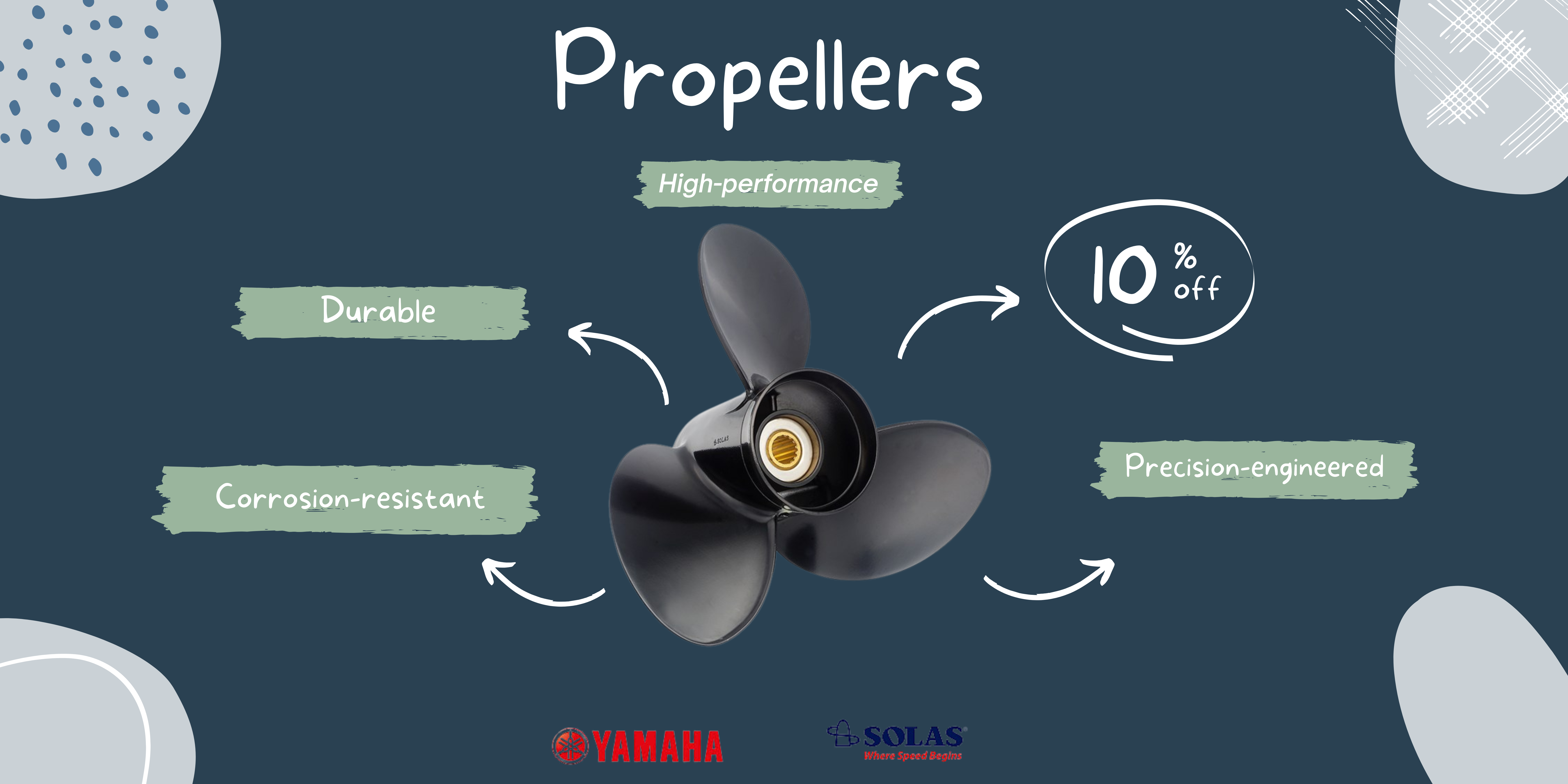
Aluminium vs Stainless Steel Propellers: which is best ?
Choosing between aluminium and stainless steel propellers can significantly impact your boat’s performance, efficiency, and durability. In this guide, we’ll dive into the pros and cons of each material to help you make the best choice for your boating needs.
Your boat’s propeller and outboard lower unit are vital for its performance and efficiency. By selecting the right combination of size, material, and design, you can enhance speed, fuel economy, and handling. This guide simplifies the selection process while integrating key maintenance tips.
Why Your Propeller and Outboard Lower Unit Matter
The outboard lower unit transfers engine power to the propeller, which moves your boat through the water. An optimized setup ensures smooth operation, longevity, and safety. Factors like water pump functionality, propeller size, and unit oil maintenance also play a critical role.
Understanding Propeller Size and Pitch
Propeller Diameter
- Definition: The diameter is the width of the circle made by the rotating blades.
- Importance: Larger diameters suit heavy boats, while smaller ones favor speedier vessels.
Propeller Pitch
- Definition: The distance a propeller moves through water with each rotation.
- Importance: Higher pitches increase speed, while lower pitches improve power and towing.
Selecting the right size and pitch ensures balanced performance without straining the outboard lower unit.
Material Options: Stainless Steel vs. Aluminum Propellers
Aluminum Propellers
- Advantages: Affordable and lightweight.
- Disadvantages: Less durable, prone to damage in rocky or shallow waters.
- Best Use: Recreational boating and budget-friendly needs.
Stainless Steel Propellers
- Advantages: Strong, efficient, and resistant to corrosion.
- Disadvantages: Higher cost and heavier weight.
- Best Use: High-performance boating, heavy loads, and challenging environments.
Maintaining the Outboard Lower Unit
The outboard lower unit is a critical part of your boat’s drivetrain. Proper maintenance ensures reliability and prevents expensive repairs.
Tips for Maintenance
- Unit Oil Checks: Replace unit oil annually to prevent wear and tear.
- Water Pump Inspection: Check the water pump for proper cooling and replace it if worn.
- Seal Replacement: Inspect seals to avoid leaks that may damage internal components.
When to Replace Your Propeller
Signs that your propeller needs replacement include:
- Reduced acceleration or top speed.
- Increased vibration or noise.
- Visible damage to the blades.
Replacing a damaged propeller promptly prevents strain on your outboard lower unit and enhances overall performance.
Advanced Propeller Features to Consider
Blade Design
- Three-Blade Propellers: Optimized for speed and general performance.
- Four-Blade Propellers: Offer improved control and are ideal for towing and rough waters.
High-Performance Options
For specialized needs, high-performance propellers maximize speed and fuel efficiency. These are perfect for competitive or heavy-duty boating.
Matching Your Propeller to Your Engine
Your boat’s engine specifications—like horsepower and RPM range—should guide your propeller choice. Overpowering or underutilizing the engine can cause inefficiency and damage to the outboard lower unit.
Maintenance Tips for Longevity
Regular Inspections
- Check for dents, bends, or debris on the propeller blades.
- Inspect the outboard lower unit for leaks or corrosion.
Cleaning and Protection
- Clean stainless steel propellers to remove salt buildup.
- Apply anti-corrosion sprays to both the propeller and the lower unit.
Enhancing Performance with Accessories
Boat Engine Accessories
- Add a propeller guard for shallow waters.
- Use a fuel stabilizer to protect your engine and reduce wear.
Marine Accessories
- Keep a spare propeller and unit oil onboard for emergencies.
- Invest in a prop wrench for quick replacements.
When to Seek Expert Help
If you’re uncertain about your propeller’s fit or the condition of your outboard lower unit, consult a marine specialist. They can provide professional insights and repairs, ensuring optimal performance.
Conclusion
Selecting the perfect propeller and maintaining your outboard lower unit are essential for a smooth and efficient boating experience. Consider factors like size, material, and maintenance to keep your boat performing at its best.
Pro Tip: Carry a spare propeller, extra unit oil, and essential tools to stay prepared for any on-water emergencies.
